Gurgaon, also known as Gurugram, is a city located in the Indian state of Haryana. It is a part of the National Capital Region (NCR) and is situated approximately 30 kilometers southwest of the Delhi–Haryana border, about 30 kilometers southwest of the national capital of New Delhi.
The city is located 268 km south of Chandigarh, the state capital. It is one of the major satellite cities of Delhi and. As of 2011, Gurgaon had a population of 1,153,000.
Gurgaon is India's second-largest information technology hub after Bangalore and its third-largest financial and banking hub.
Gurgaon is also home to India's largest medical tourism industry. Despite being India's 56th largest city in terms of population, Gurgaon is the 8th largest city in the country in terms of total wealth.
Gurgaon has emerged as a major economic and industrial hub over the years, with several multinational companies and startups setting up their offices here. Some of the key features of Gurgaon city are:
Key Demographic and Economic Stats
Gurgaon is also known as the Millennium City.
State-run bodies such as Haryana Urban Development Authority (HUDA) and Haryana State Industrial and Infrastructure Development Corporation (HSIIDC) have played an effective role towards ensuring a healthy standard of living and world-class amenities for its residents.
Area : 732 Sq.Km
Per Capita Income : 229208 (Rs)
Population : 11.53 (Lakhs)
The city has a rich history dating back to the times of the Mahabharata. It is said that the city was gifted by the Pandavas to their Guru Dronacharya, hence the name "Guru-gram" or "Guru's village."In the medieval period, Gurgaon was ruled by various dynasties, including the Tomars, Khiljis, and Tughlaqs. During the Mughal era, Gurgaon was a part of the Delhi Subah and was known for its flourishing agriculture and trade.
In the early 19th century, the British East India Company gained control of the region and established Gurgaon as a district headquarters. During this time, Gurgaon remained primarily an agricultural area, with a few small-scale industries.
After India's independence in 1947, Gurgaon was a small agricultural town with a population of fewer than 20,000 people. However, in the 1970s, Gurgaon underwent a significant transformation when Maruti Suzuki set up its manufacturing plant in the city. This marked the beginning of Gurgaon's journey toward becoming an industrial and economic hub.
Gurgaon has a well-connected transportation system, with a variety of options available for commuters. Some of the transportation facilities in Gurgaon are:
Airport Connectivity:
The Indira Gandhi International Airport in Delhi is the nearest airport to Gurgaon, located around 15-20 km away from the city centre. The airport is well-connected to Gurgaon via the Delhi-Gurgaon Expressway and the Delhi Metro's Airport Express Line, which has a station at the airport.
Road Connectivity:
Gurgaon is also well-connected to other cities in the region via a network of highways and expressways:
Metro Rail & Rapid Metro:
Gurgaon is connected to Delhi through Delhi Metro's Yellow Line. The line runs through several key locations in Gurgaon, such as Cyber City, MG Road, and HUDA City Centre.
Gurgaon also has a Rapid Metro system that runs within the city. It connects several major commercial and residential areas in the city, such as Cyber City, Golf Course Road, and Sector 55-56.
Bus Services:
The city has several bus services that connect various parts of Gurgaon as well as Delhi and other neighbouring areas. The bus services are operated by Haryana Roadways, Delhi Transport Corporation (DTC), and private operators.
Auto-rickshaws and Taxis:
Auto-rickshaws and taxis are easily available in Gurgaon for short-distance travel within the city.
Cab Services:
Cab services such as Ola and Uber are also widely used in Gurgaon for intra-city as well as inter-city travel.
Inter-State Bus Terminal:
Gurgaon has an Inter-State Bus Terminal (ISBT) in Sector 12 that connects the city to several neighbouring states.
Industrial Hub:
It is now one of the most sought-after markets for multinational corporates, software companies, telecom companies, Business Process Outsourcing, Knowledge Centers, etc. The city now serves as a home to nearly 250 of the top Fortune 500 companies thereby giving a major boost to its commercial real estate growth in the form of shopping malls, multiplexes and skyscrapers.
Gurgaon is India's second-largest information technology hub after Bangalore and its third-largest financial and banking hub. This has also allowed the region to attract a highly skilled workforce from even the farthest of stretches in search of dream job opportunities.
Economy:
Gurgaon is known for its thriving corporate and industrial sectors, with several multinational companies, startups, and business centers located in the city. It is home to several Fortune 500 companies, including American Express, Coca-Cola, PepsiCo, and more.
Infrastructure:
Gurgaon has seen significant infrastructural development in recent years, with the construction of new roads, flyovers, and metro connectivity, making it easier for commuters to travel to Delhi and other parts of the NCR. The city also has a well-developed healthcare and education infrastructure.
Residential real estate:
Gurgaon has witnessed a growth in residential real estate, with several high-end apartment complexes and gated communities. The city is home to several luxury hotels, including The Oberoi, The Leela, and more.
Cultural attractions:
Gurgaon has several places of cultural interest, including the Kingdom of Dreams, which is an entertainment and leisure destination, and the Heritage Transport Museum, which is a museum showcasing the evolution of transportation in India.
Education institutions:
Gurgaon has several renowned educational institutions which include:
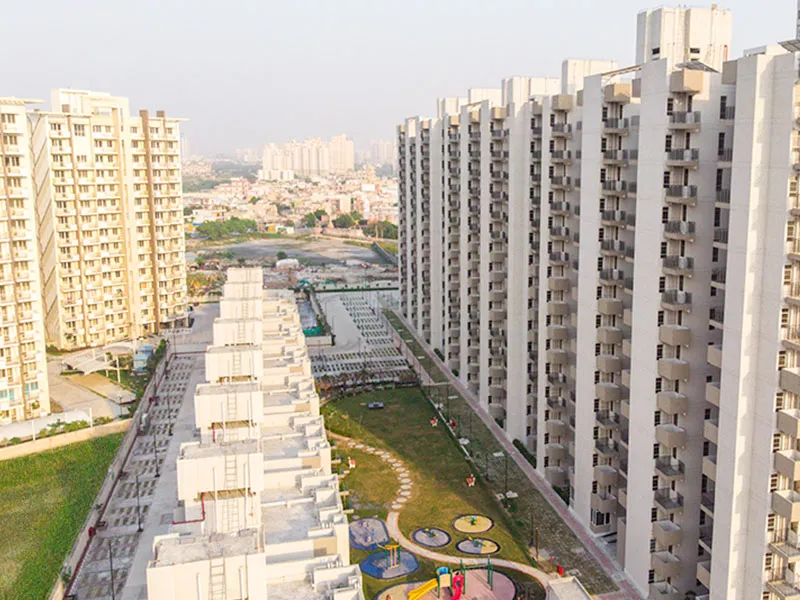
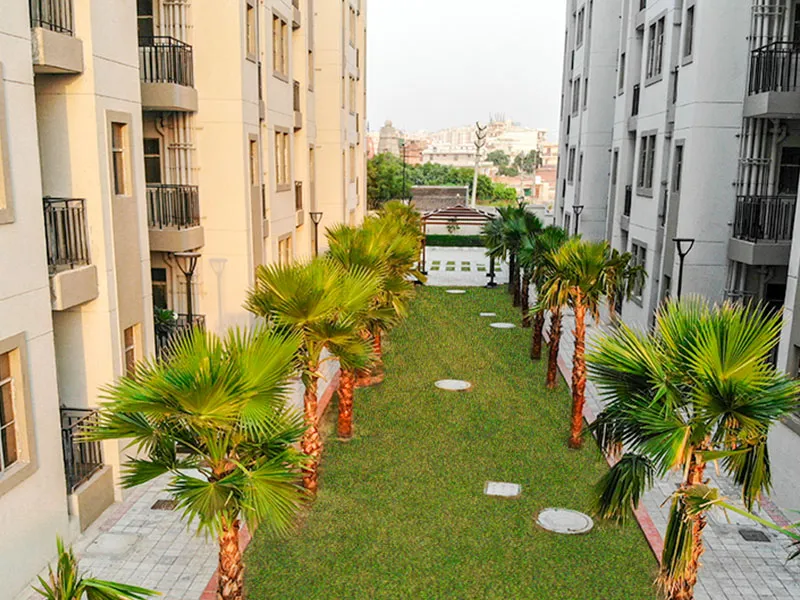
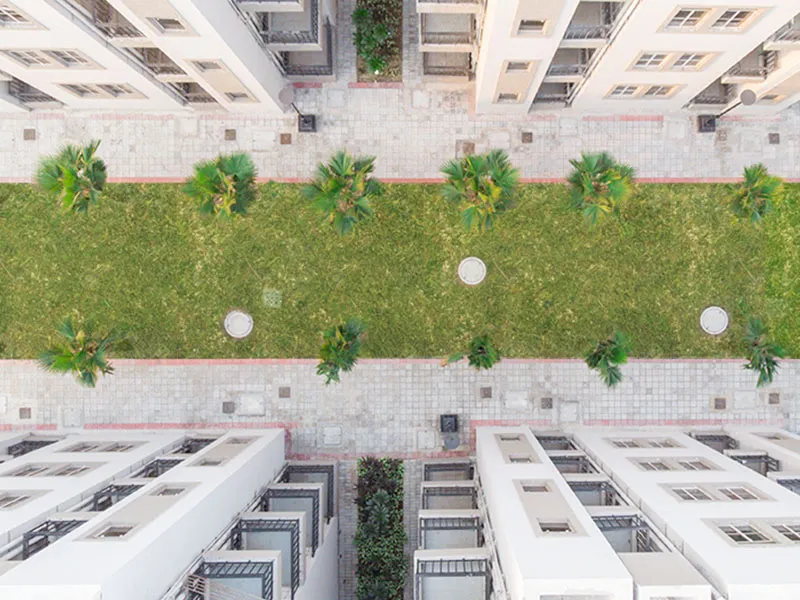
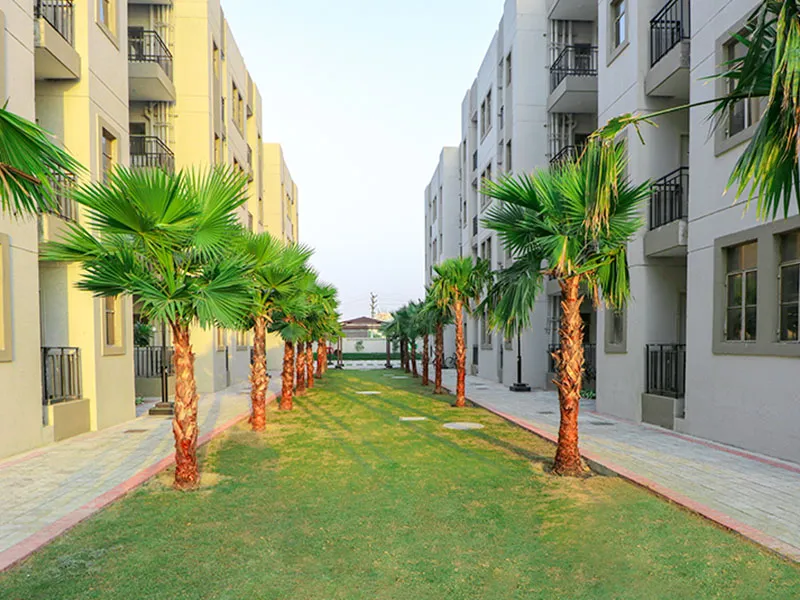
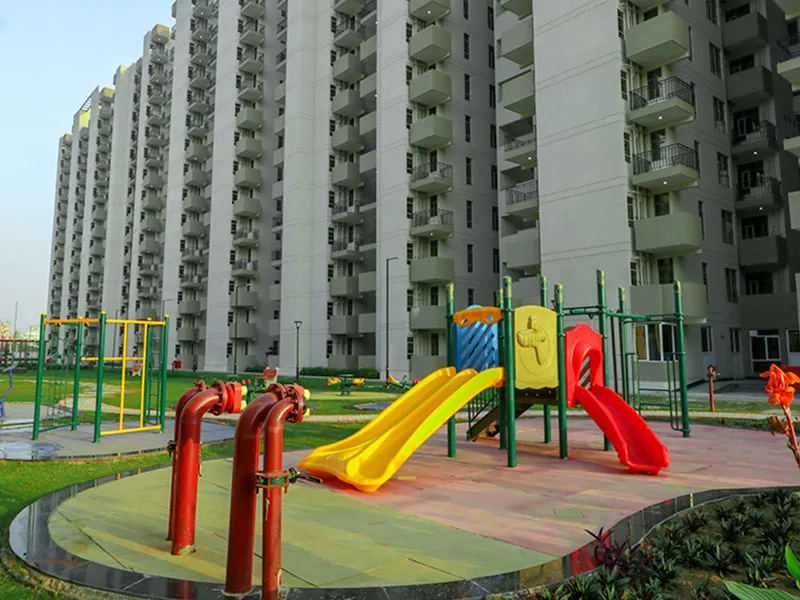
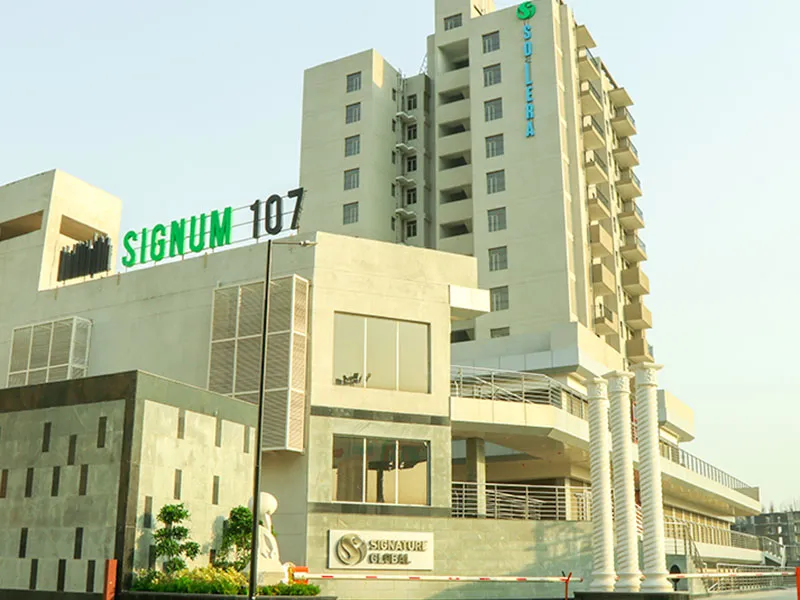
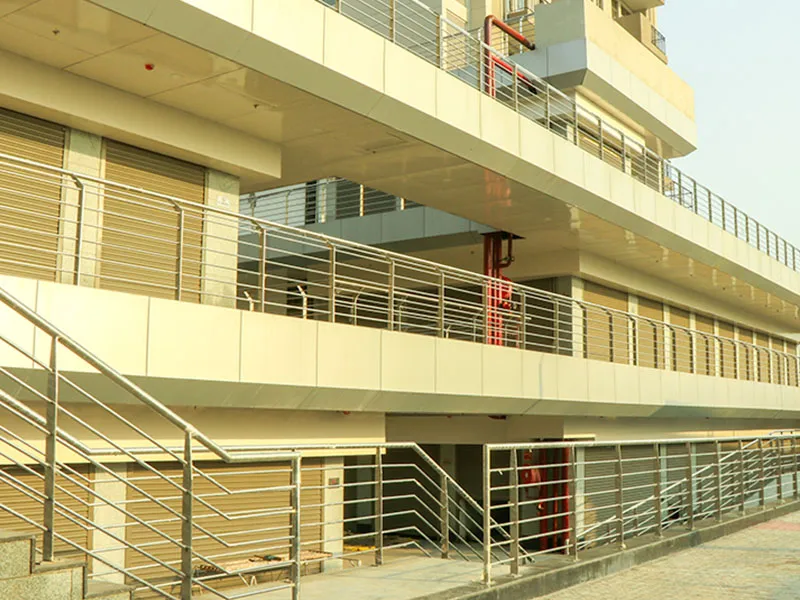
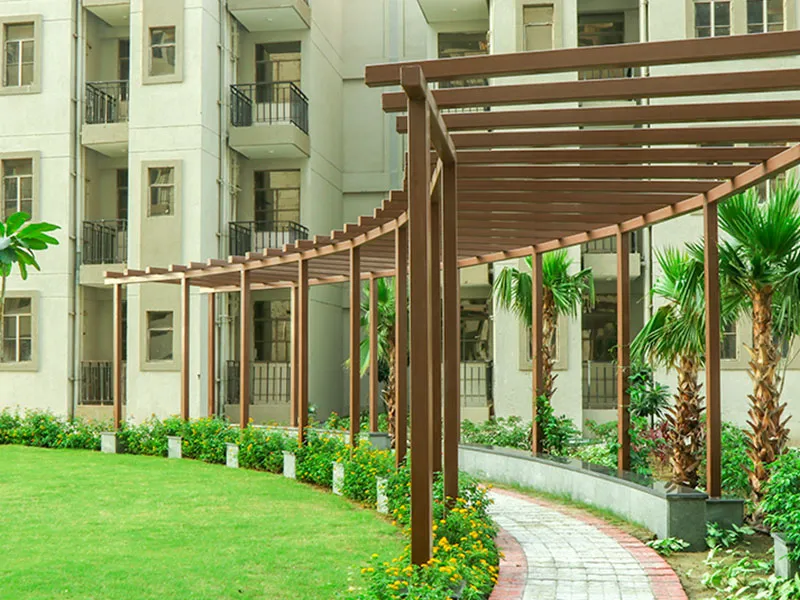
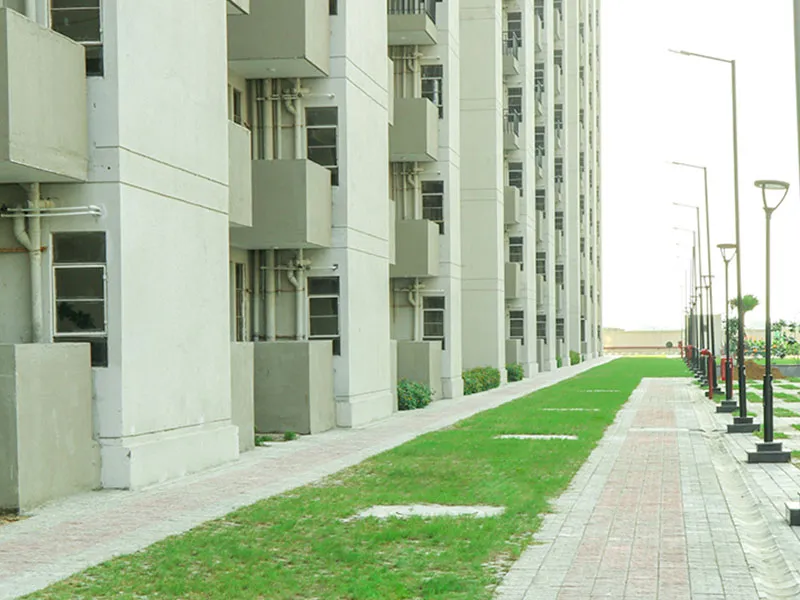
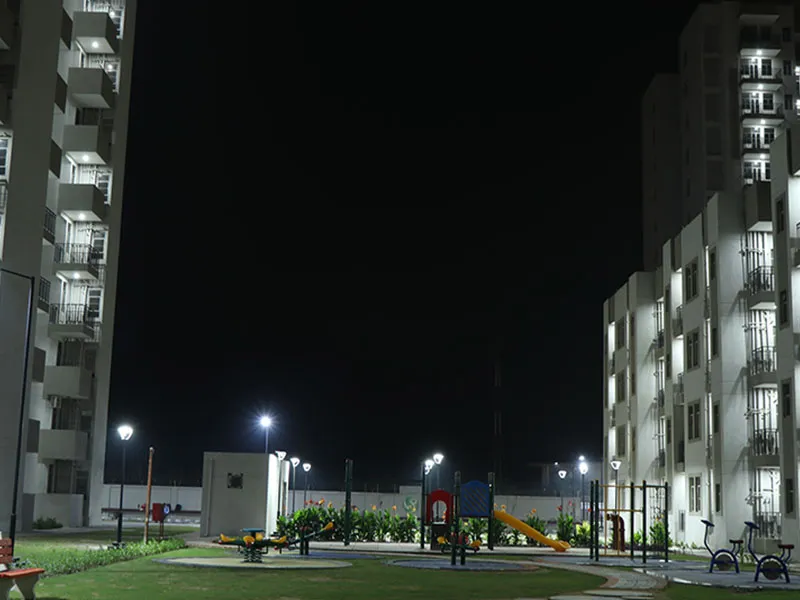
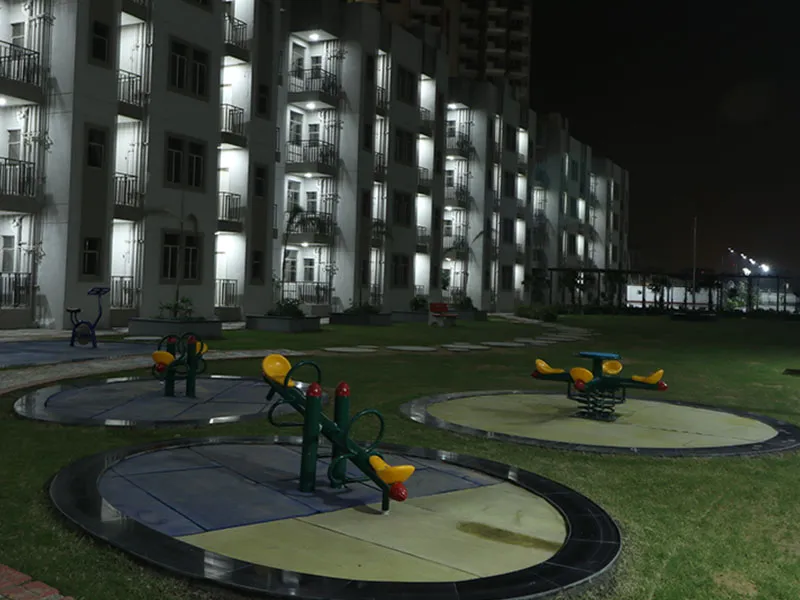
EMI Starting : ₹ 19,488
 Solera Affordable
Solera Affordable
Signature Global
|
Starting : |
₹ 29 Lac |
Dwarka Expressway, Gurgaon
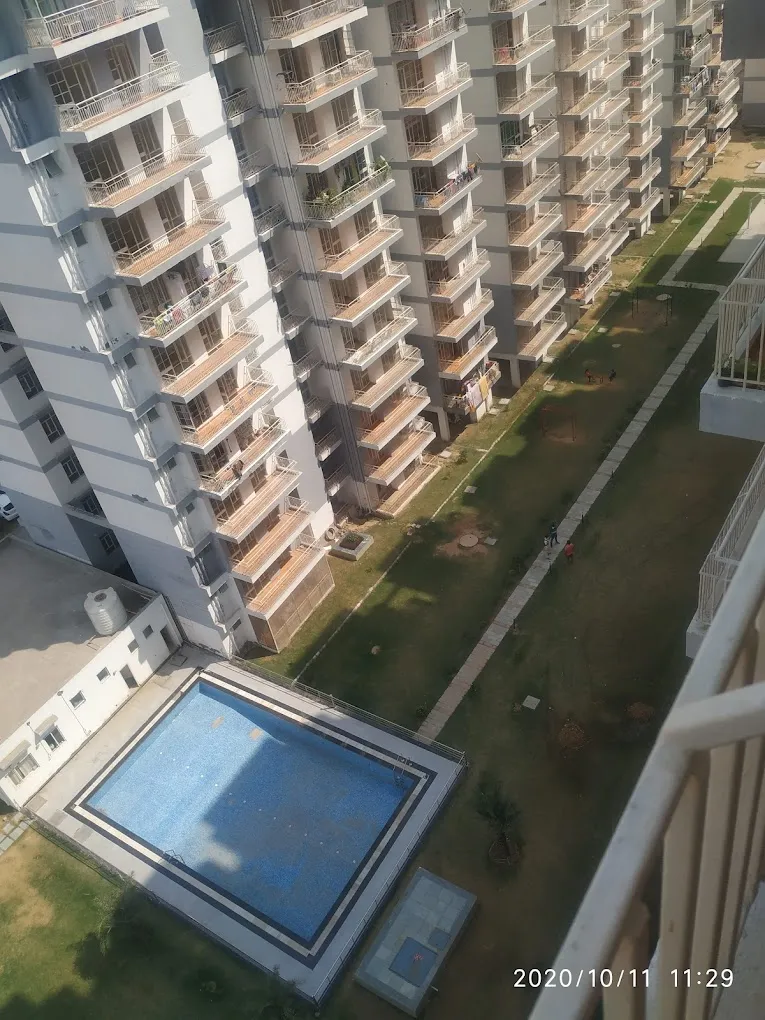
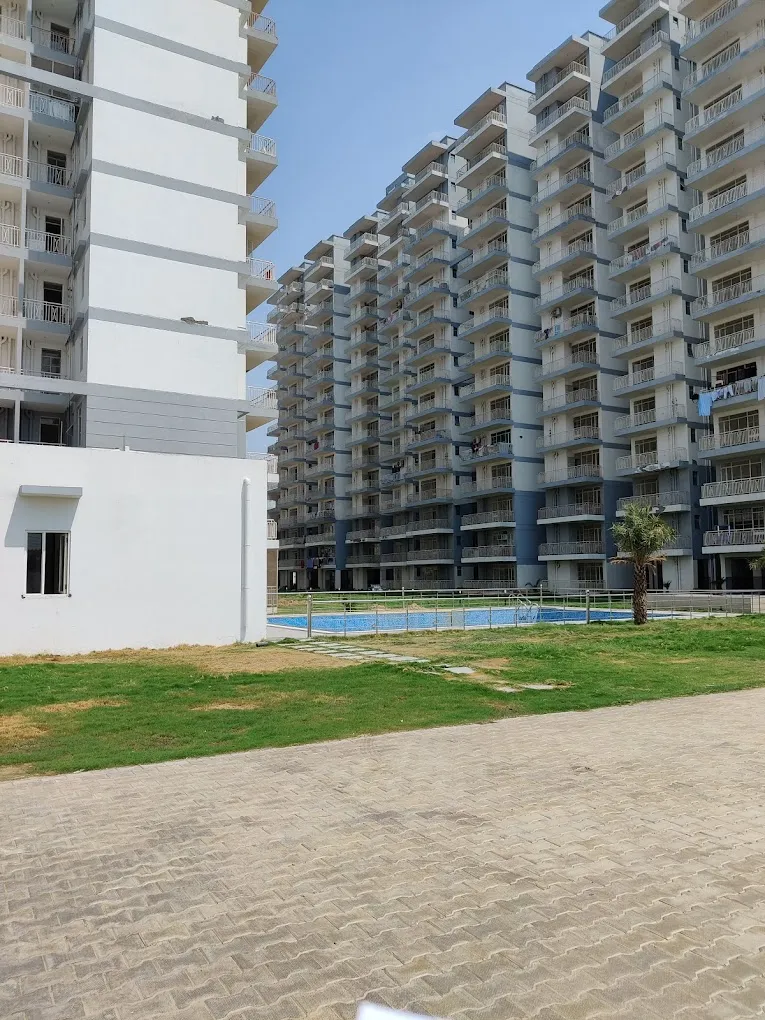
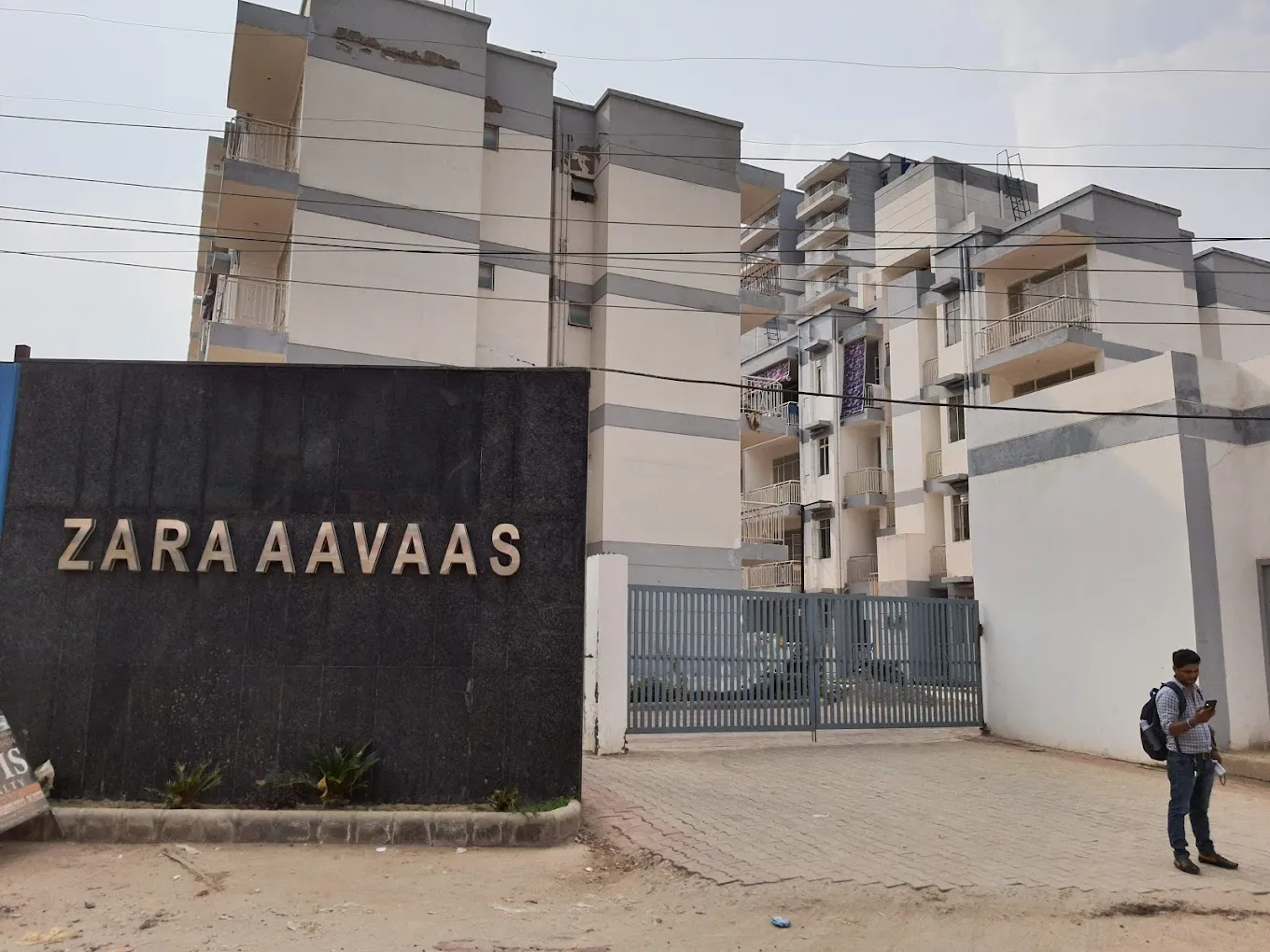
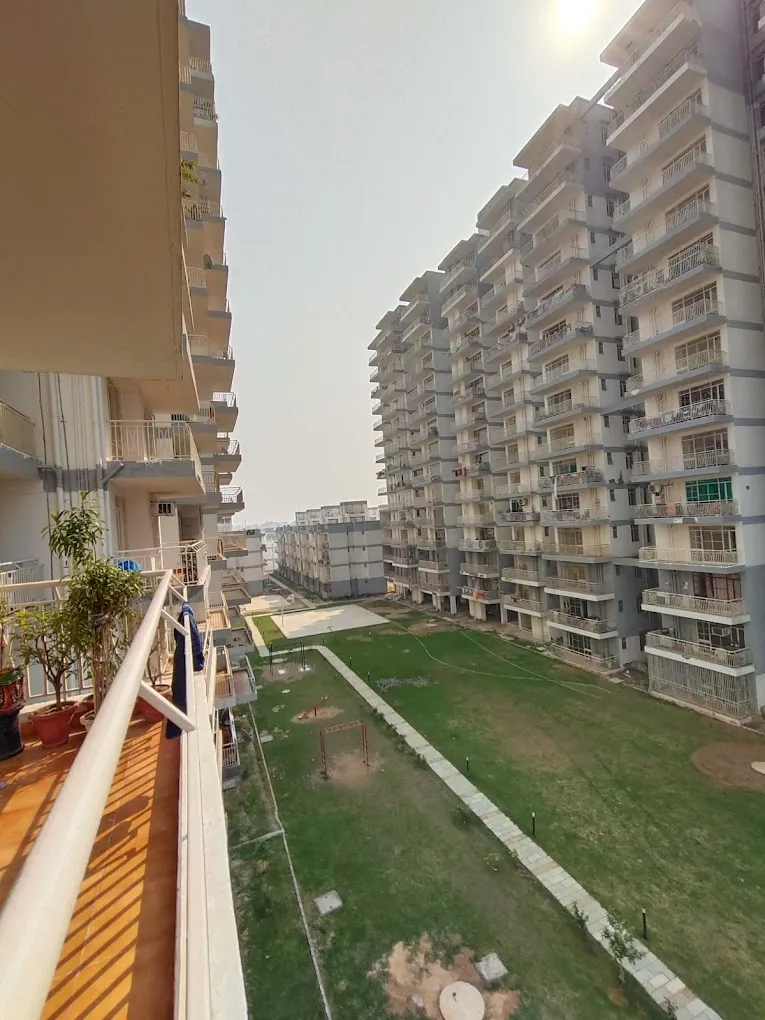
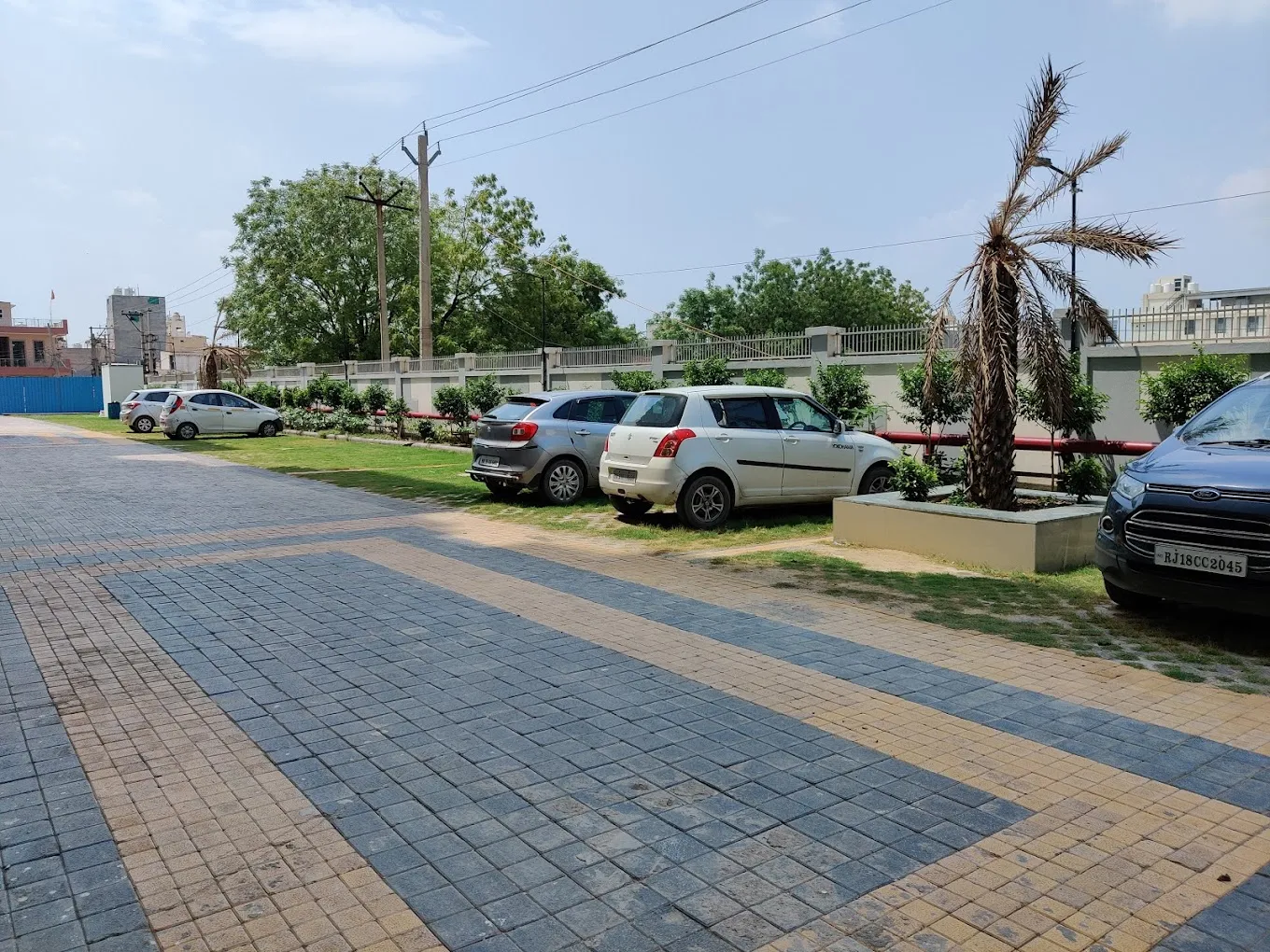
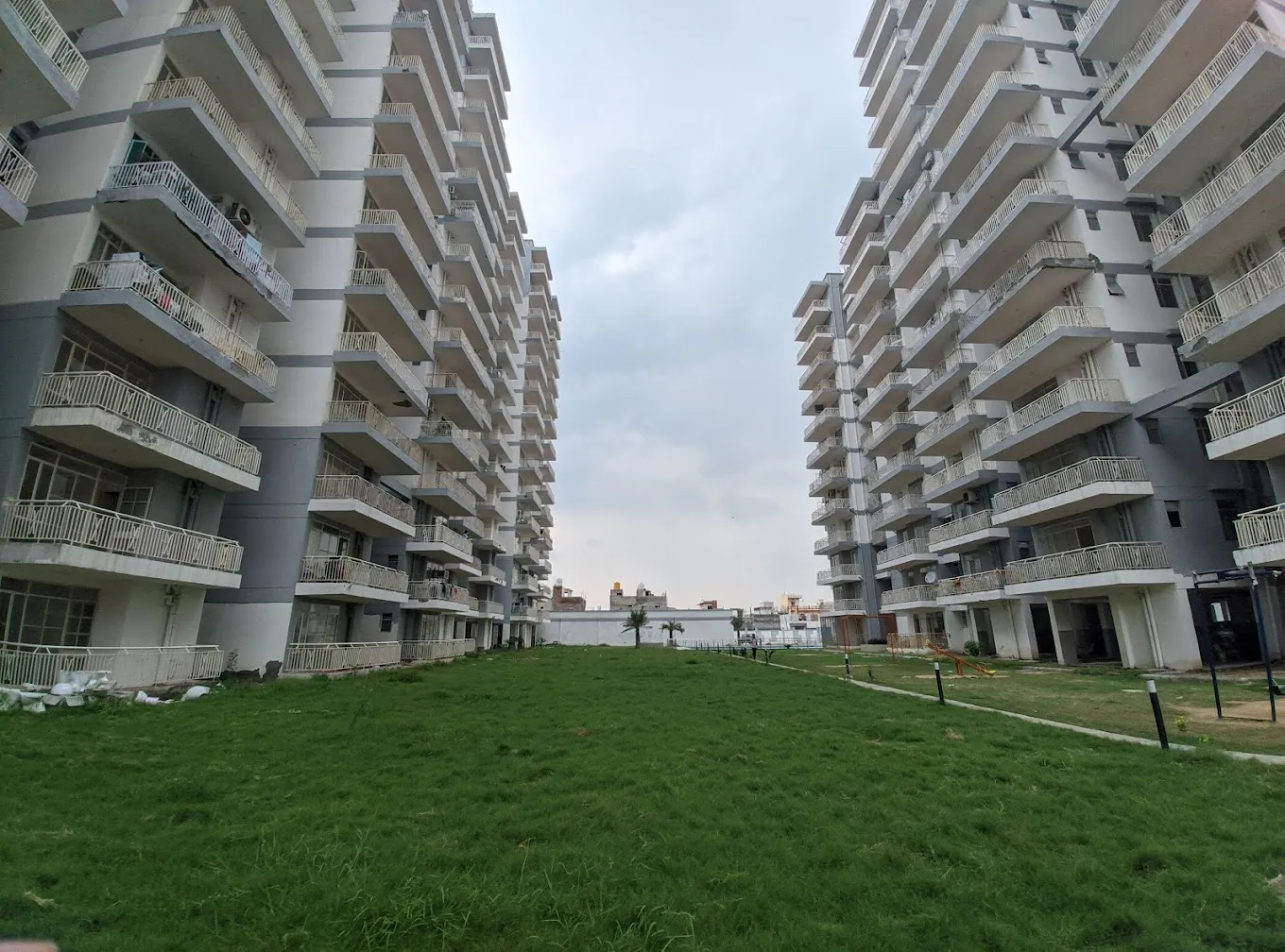
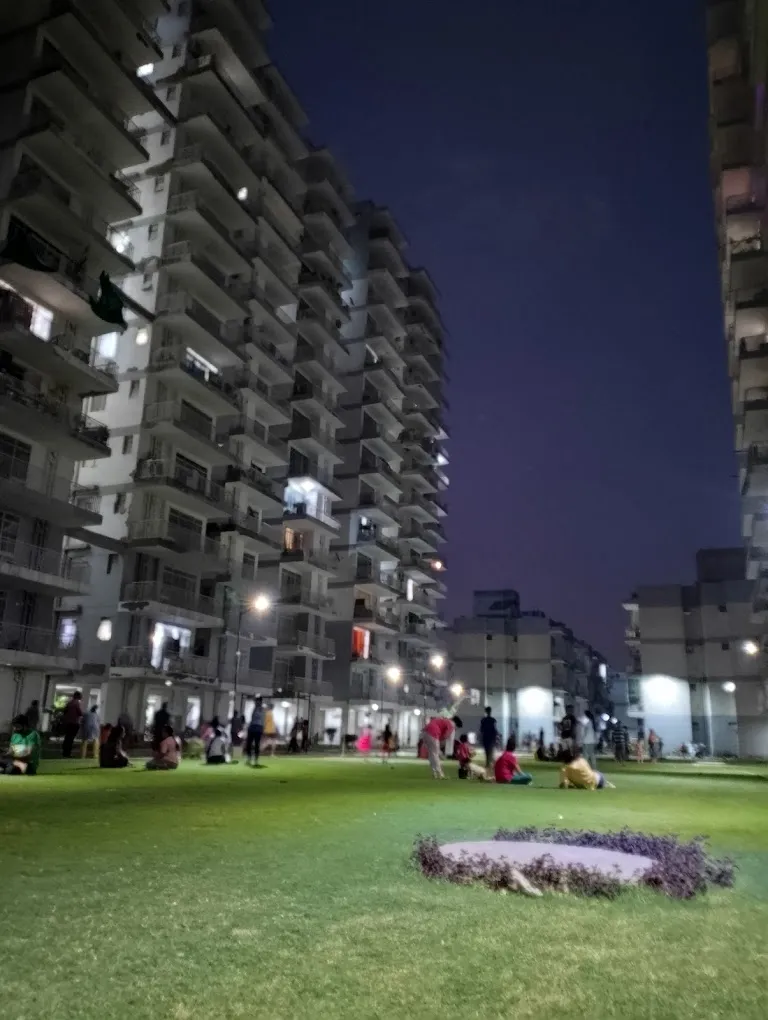
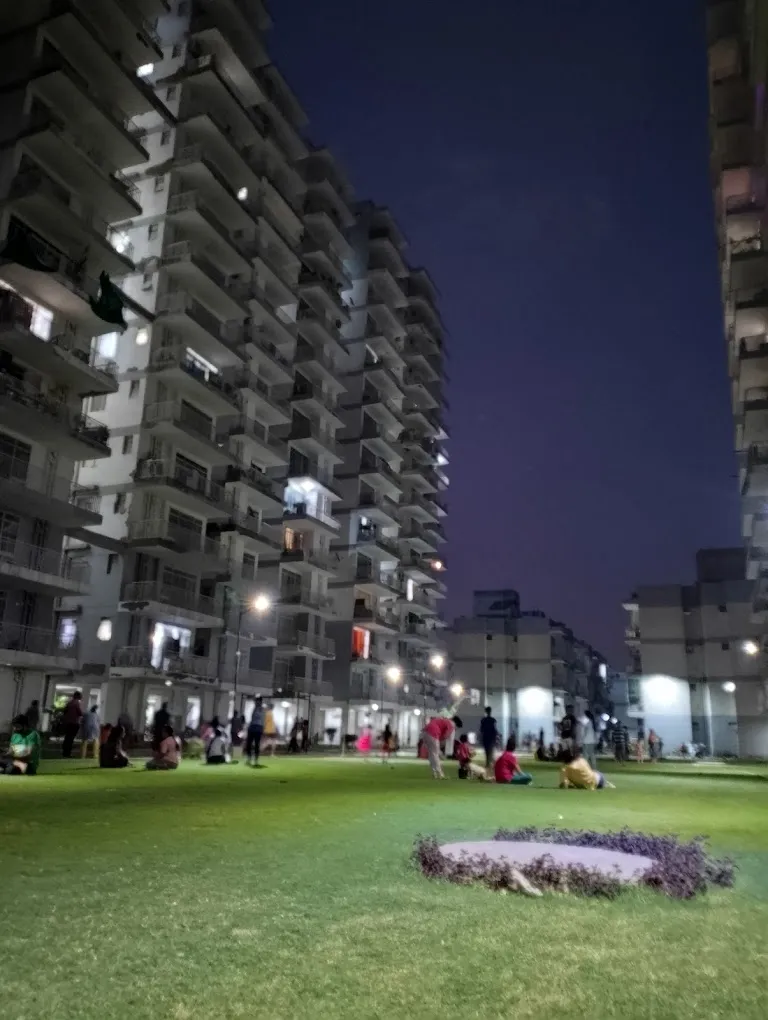
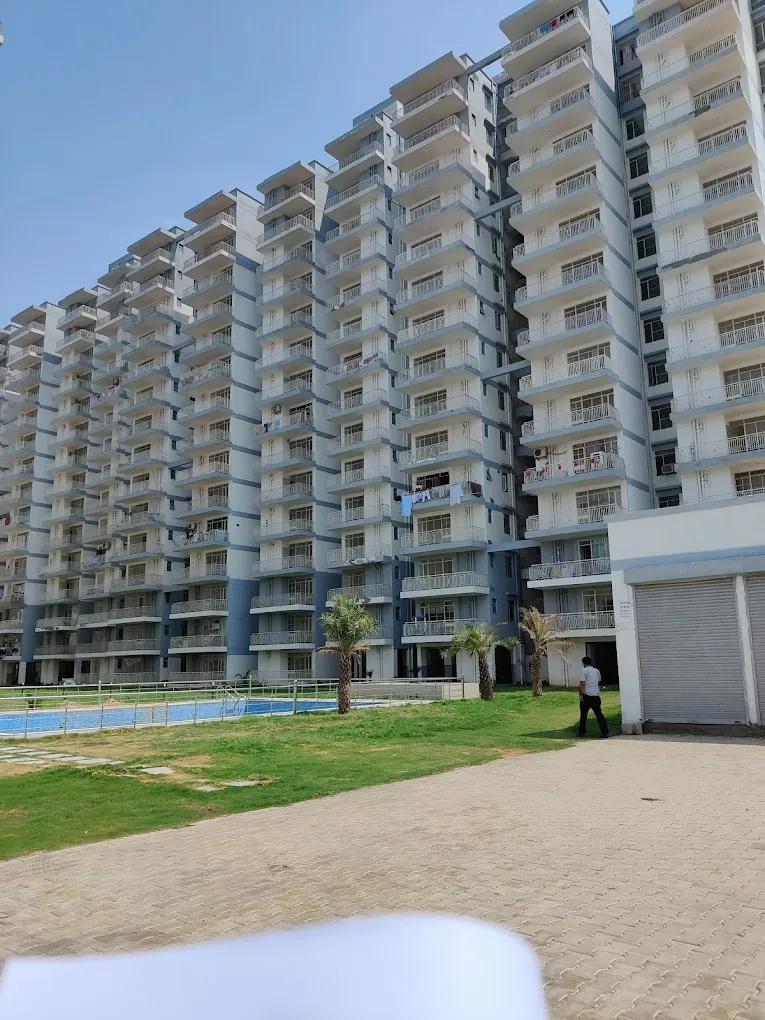

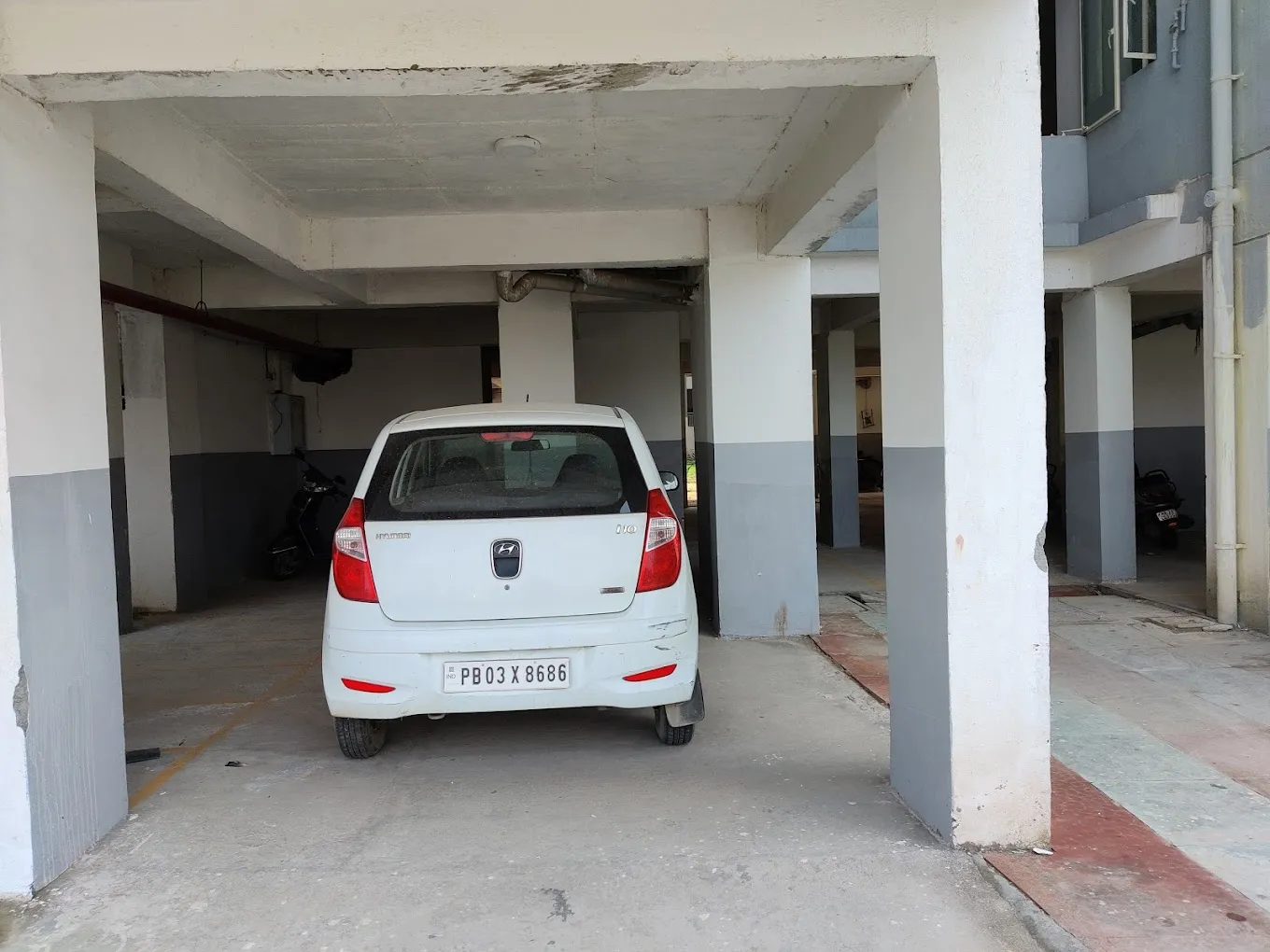
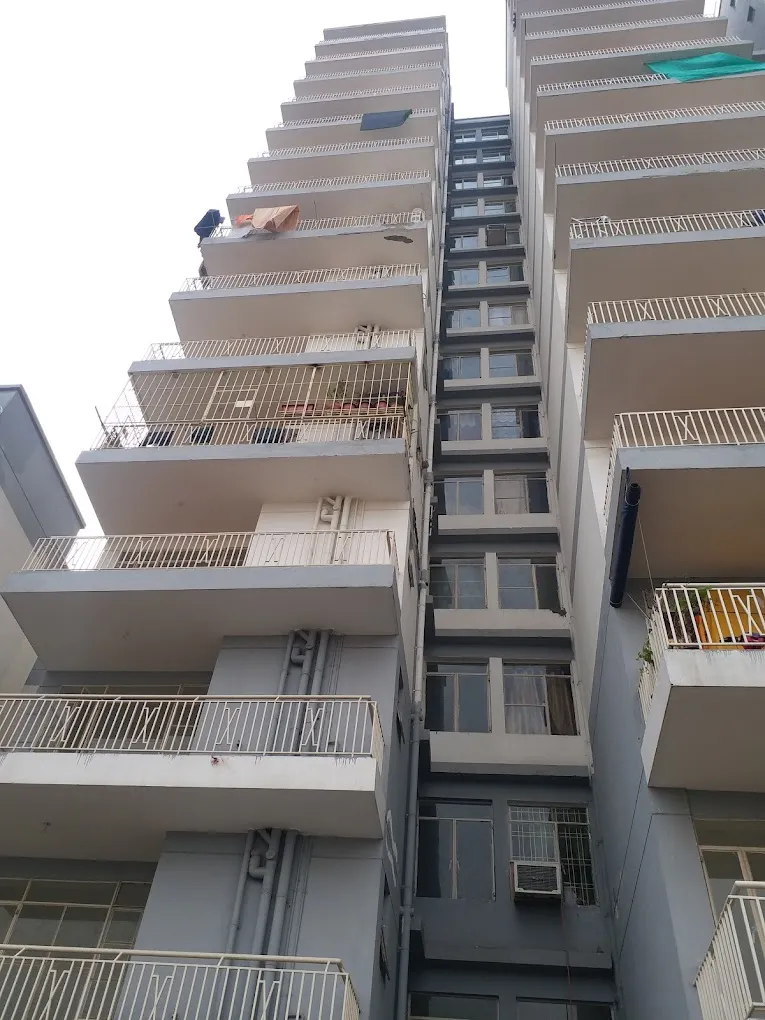
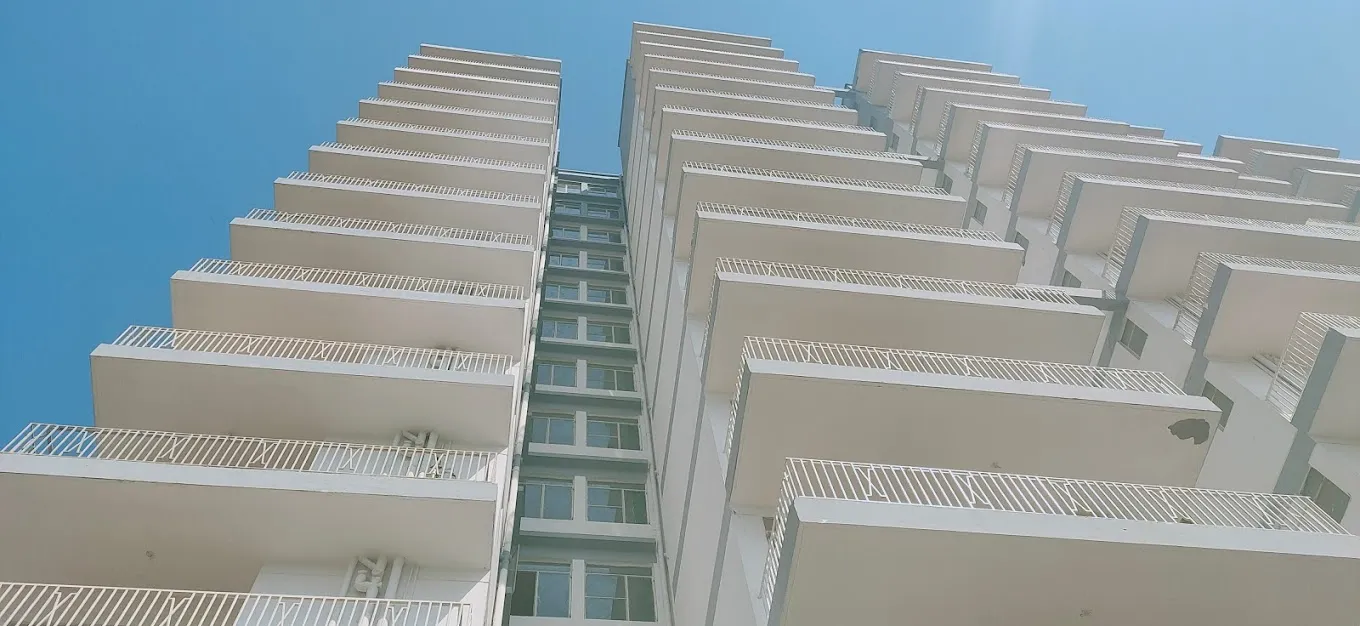
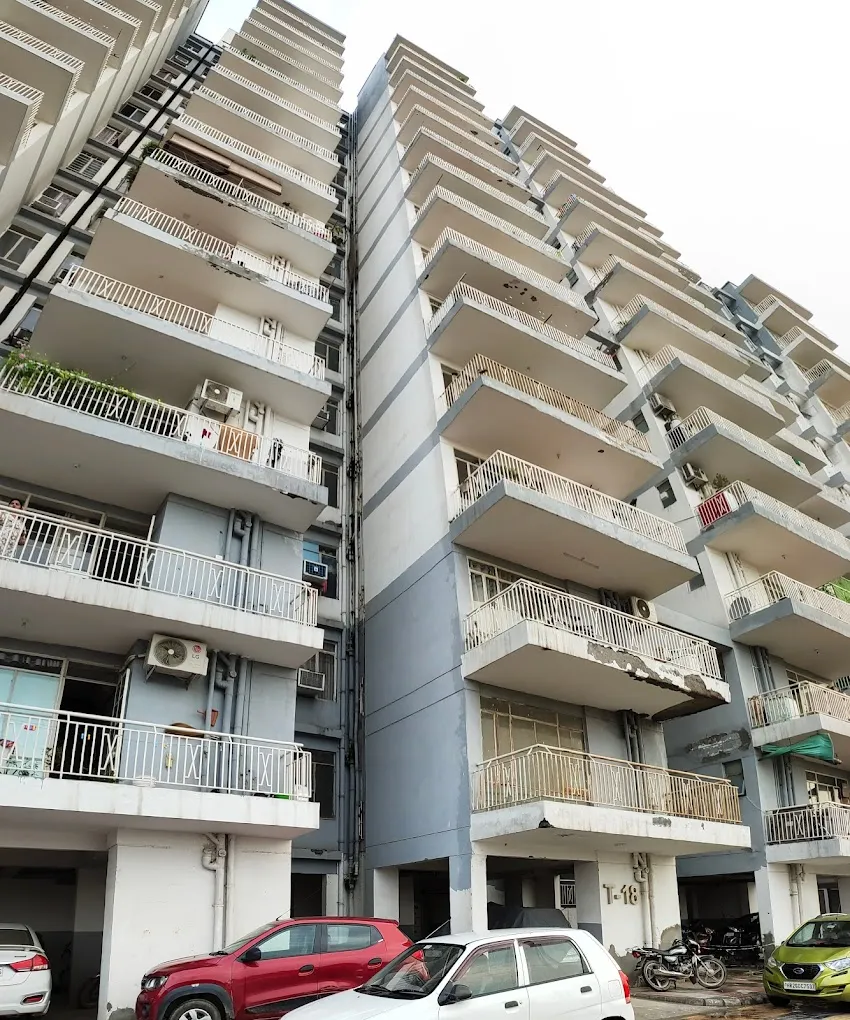
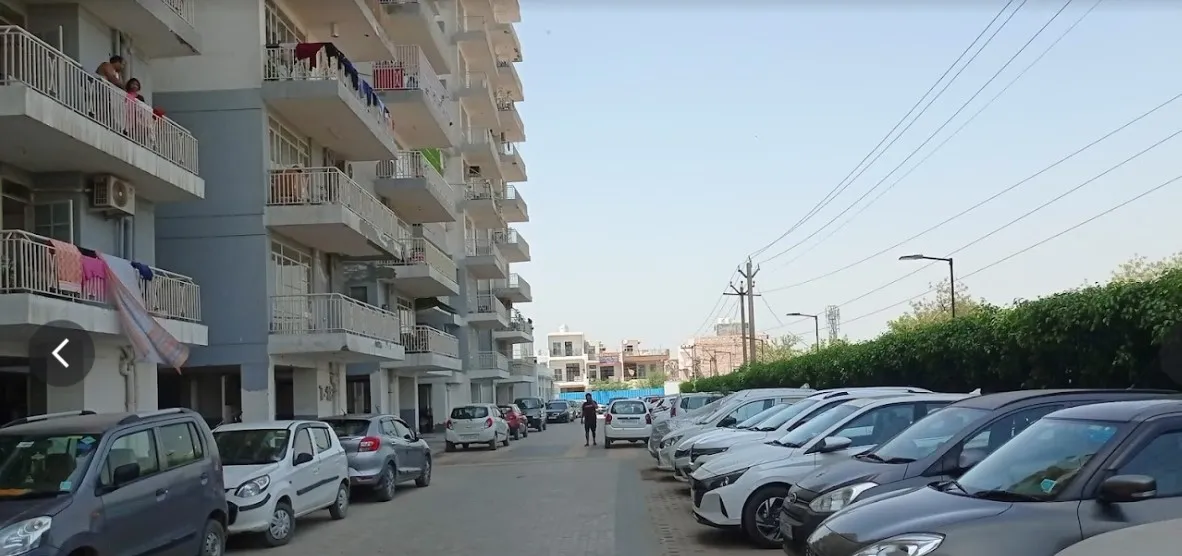
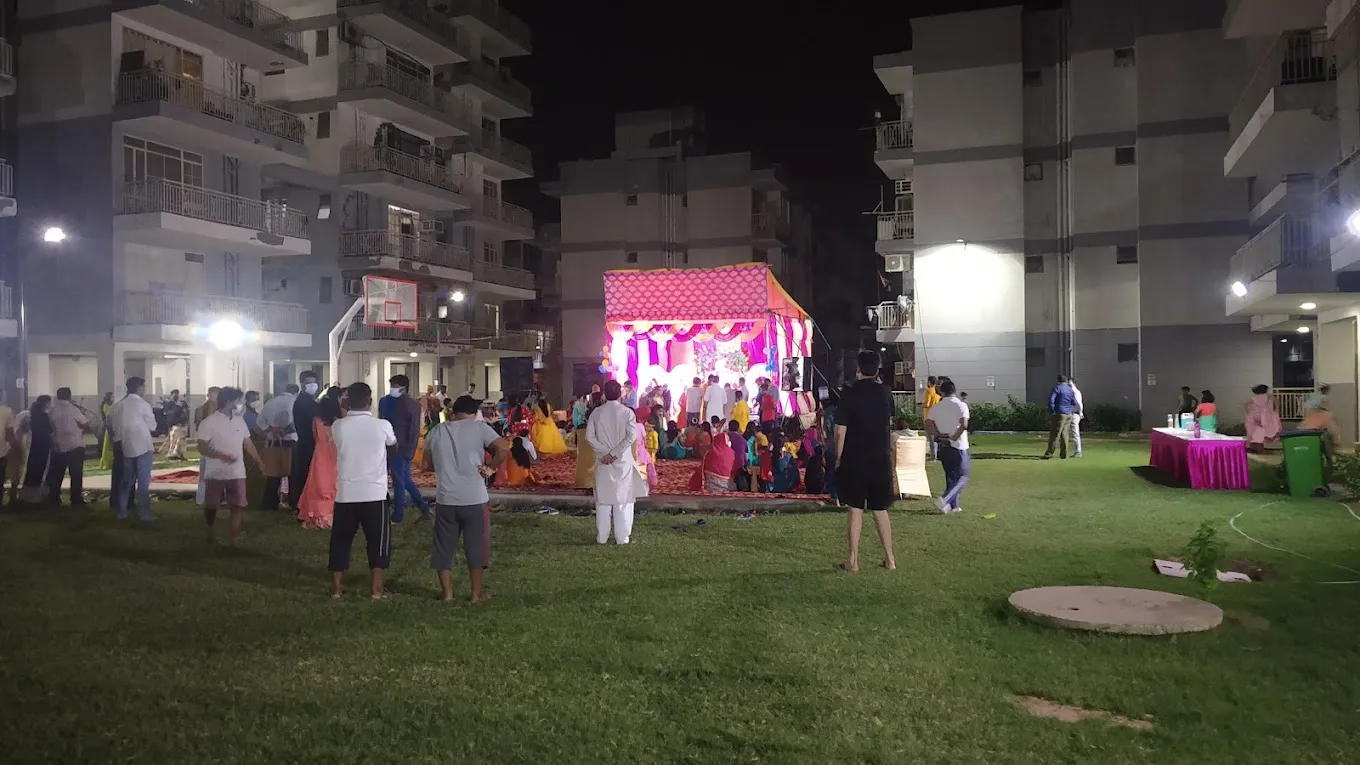
EMI Starting : ₹ 21,504
 Zara Aavaas Affordable
Zara Aavaas Affordable
Zara Group (P) Ltd.
|
Starting : |
₹ 32 Lac |
Dwarka Expressway, Gurgaon
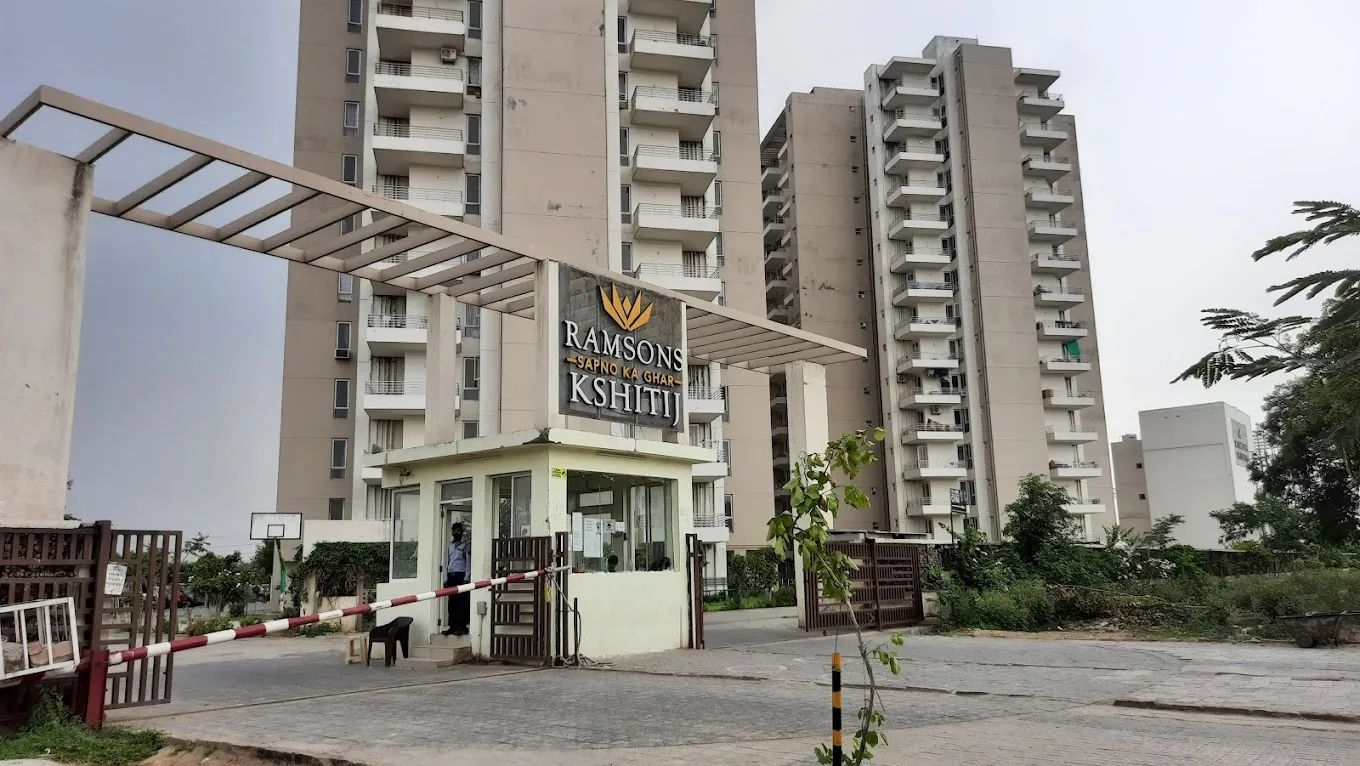
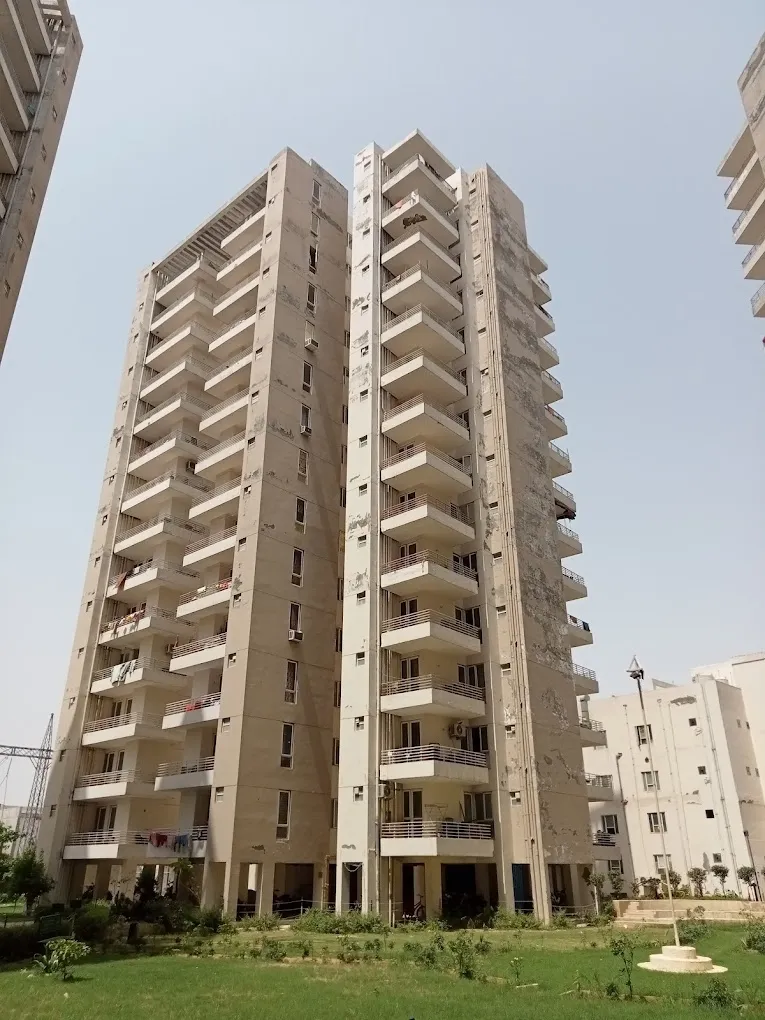
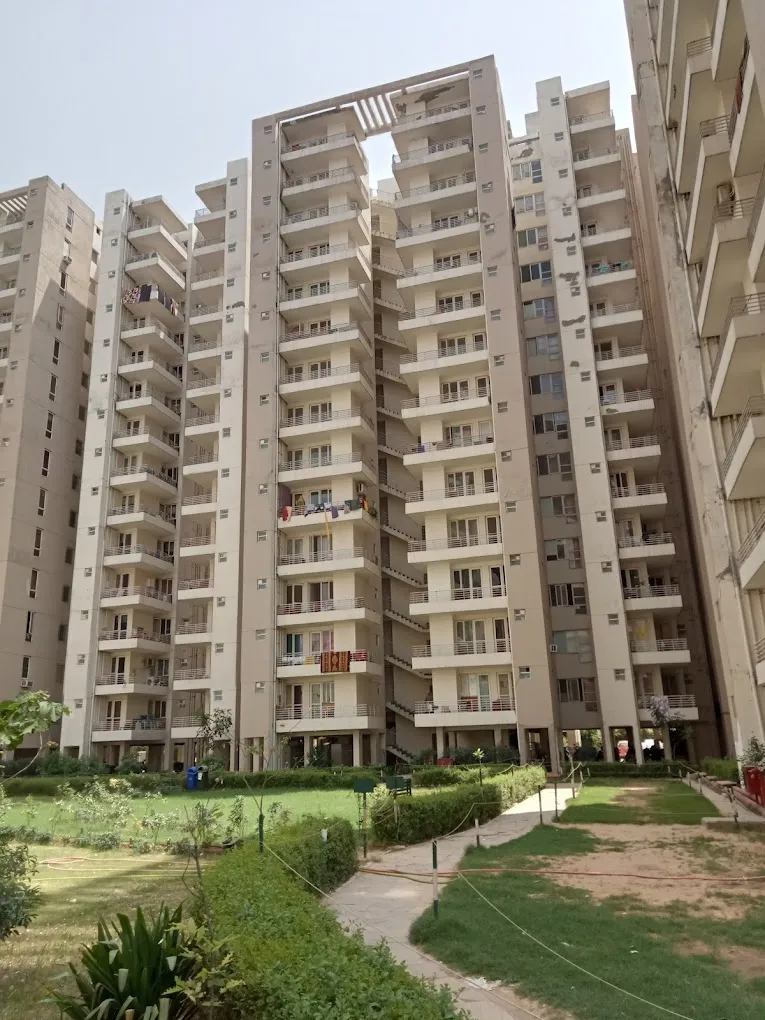
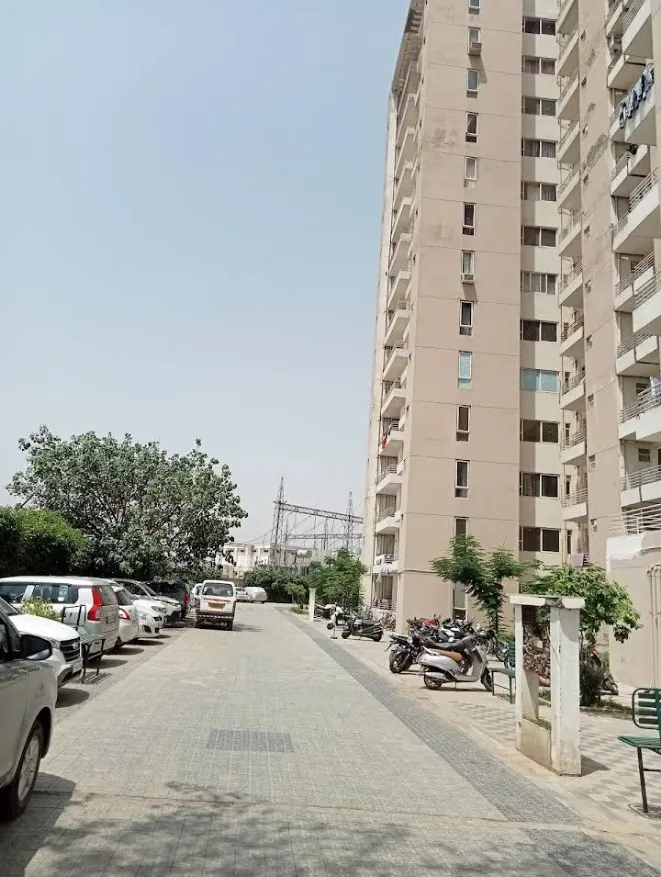
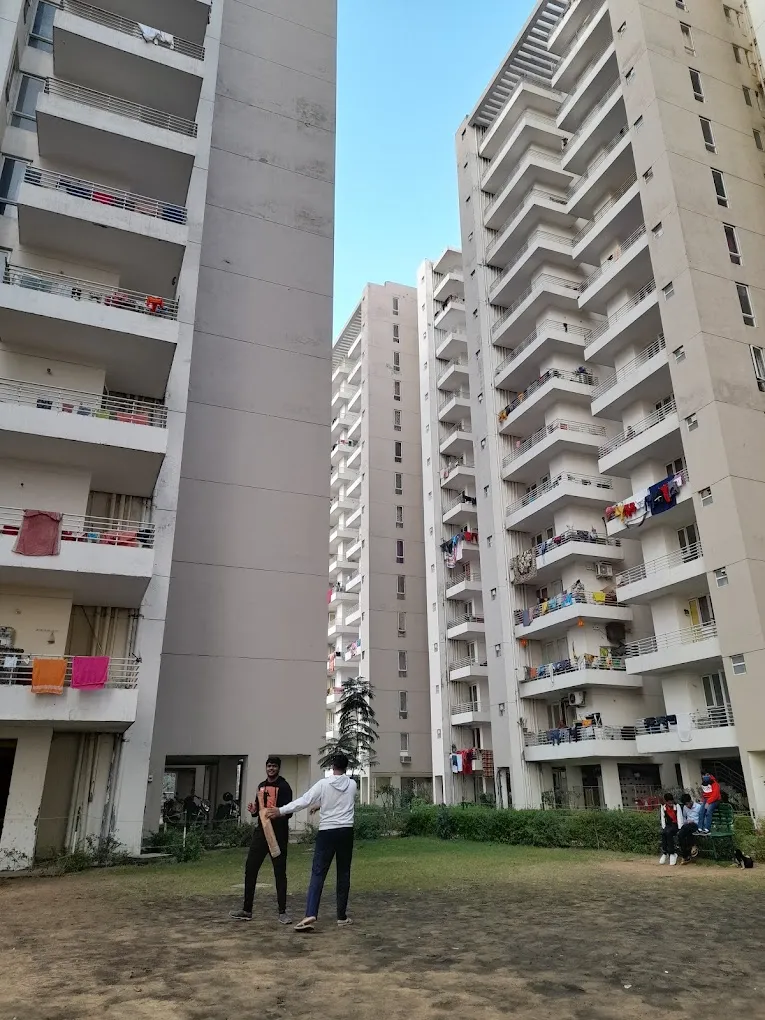
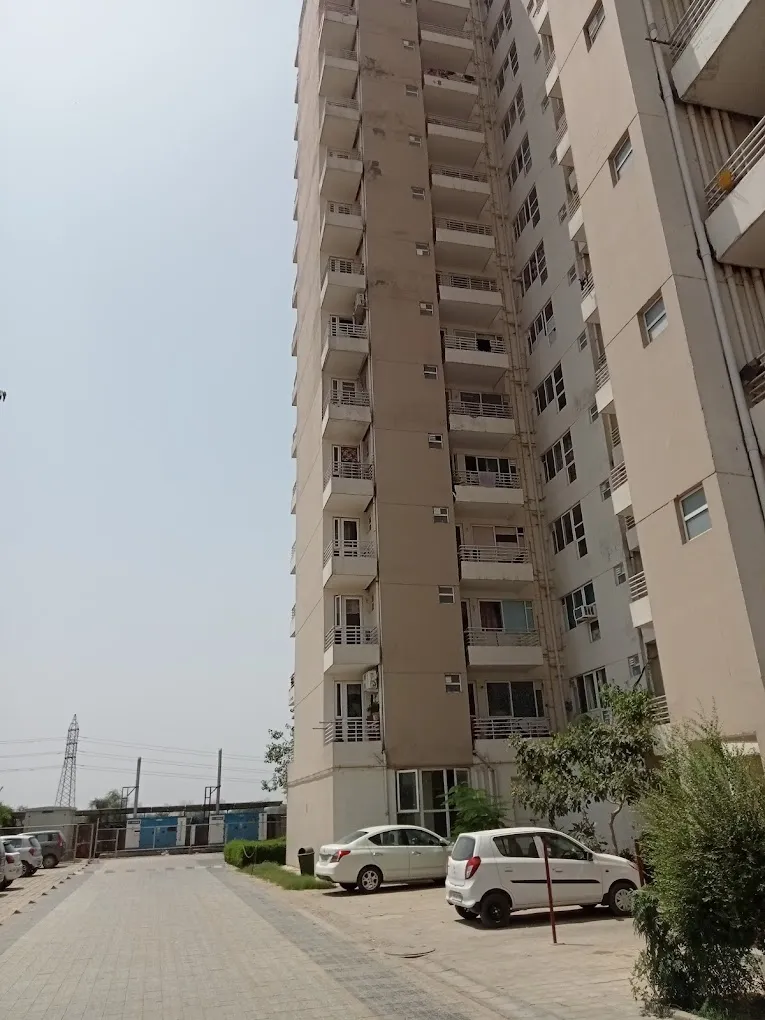
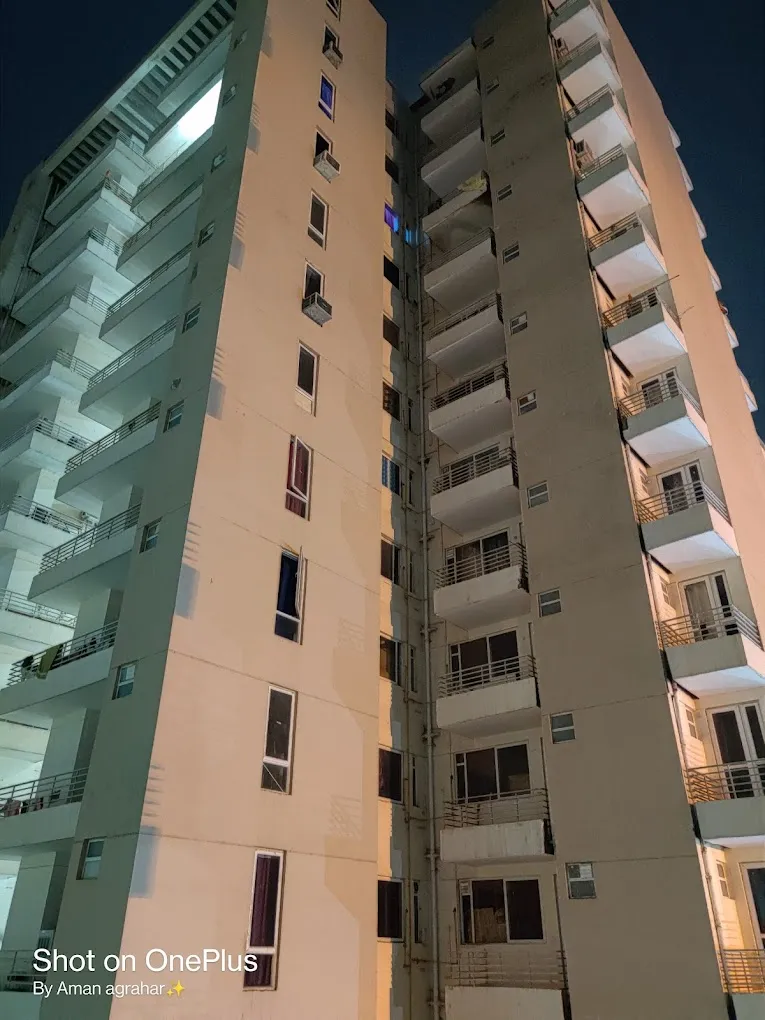
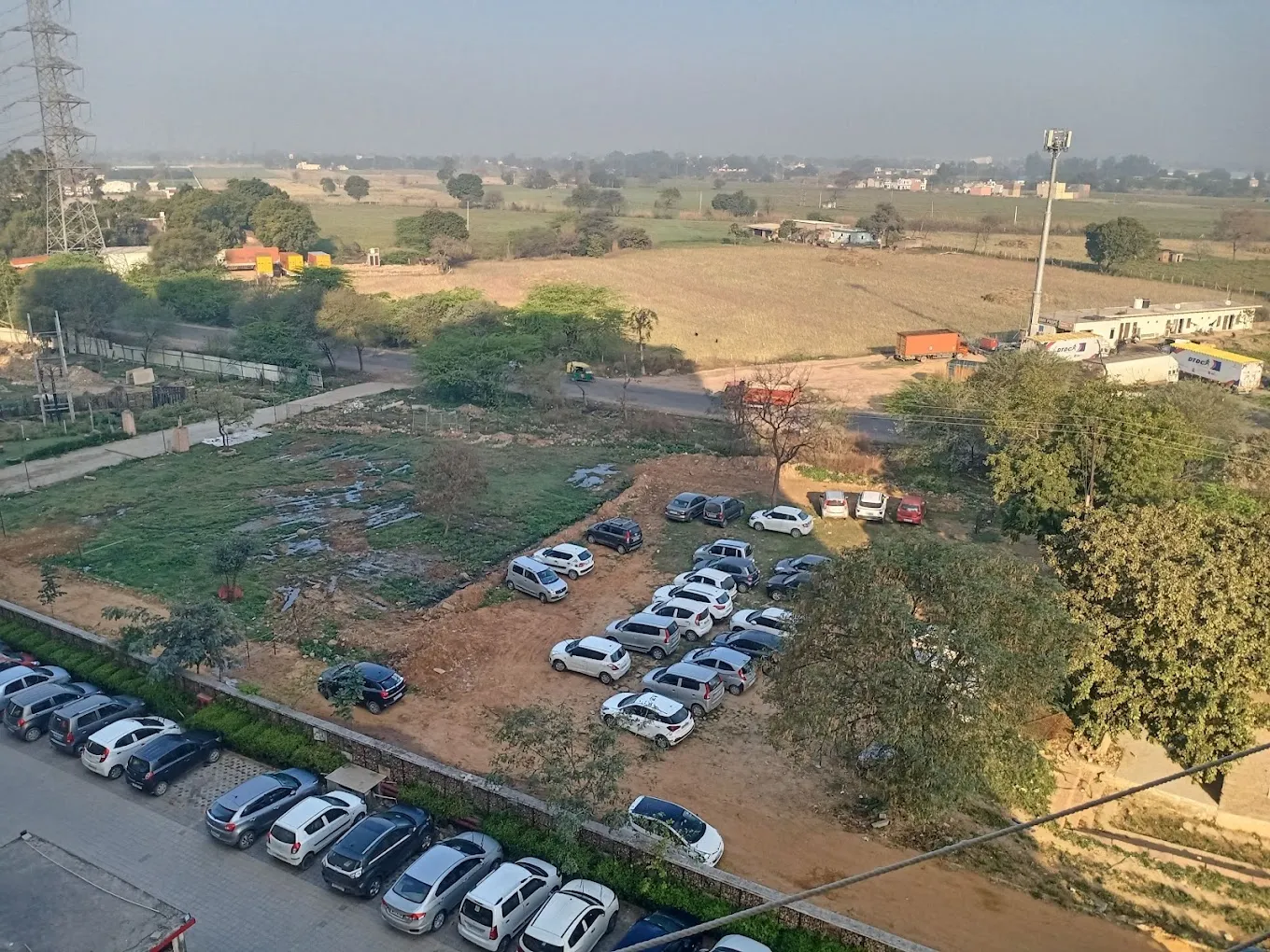
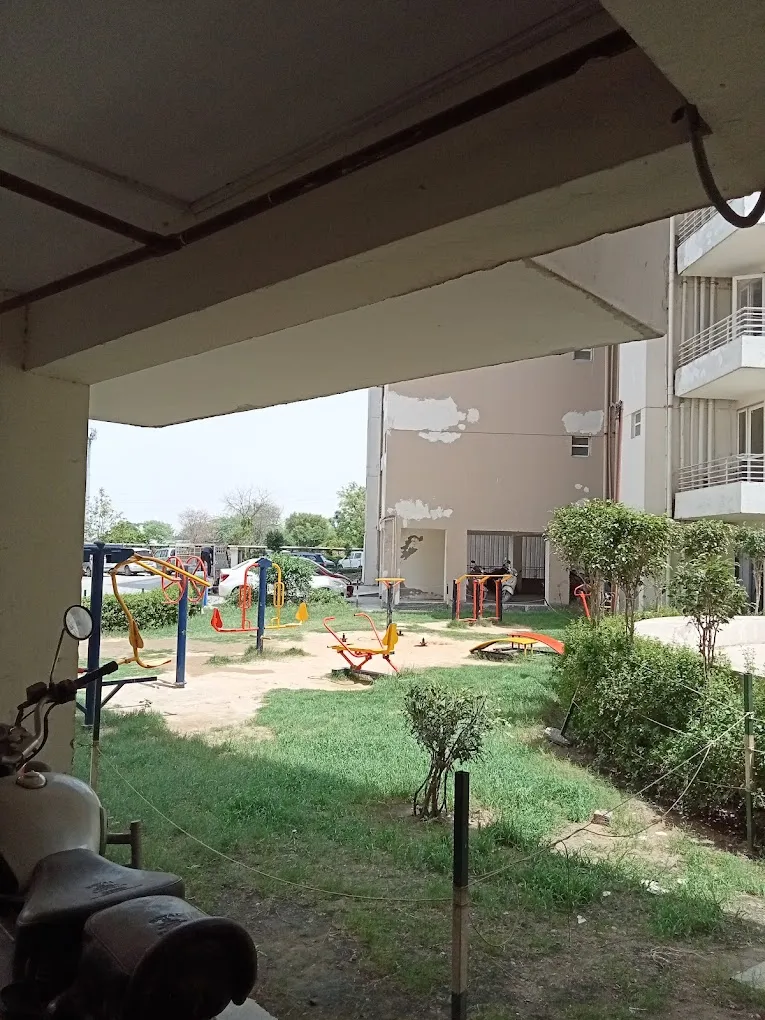
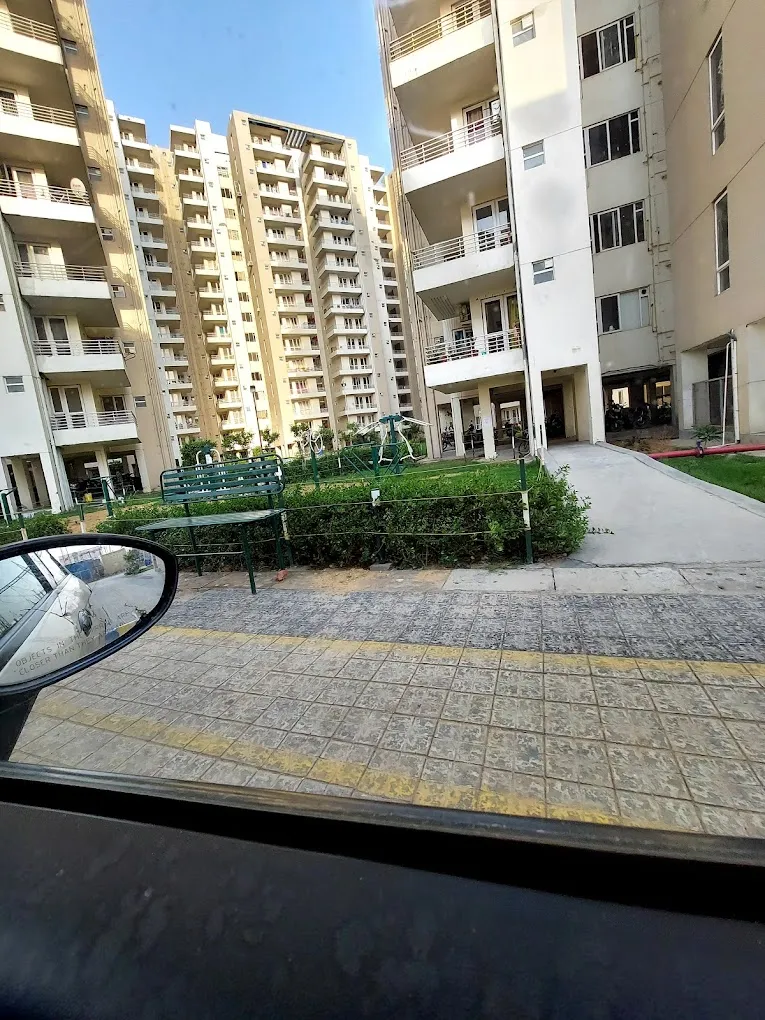
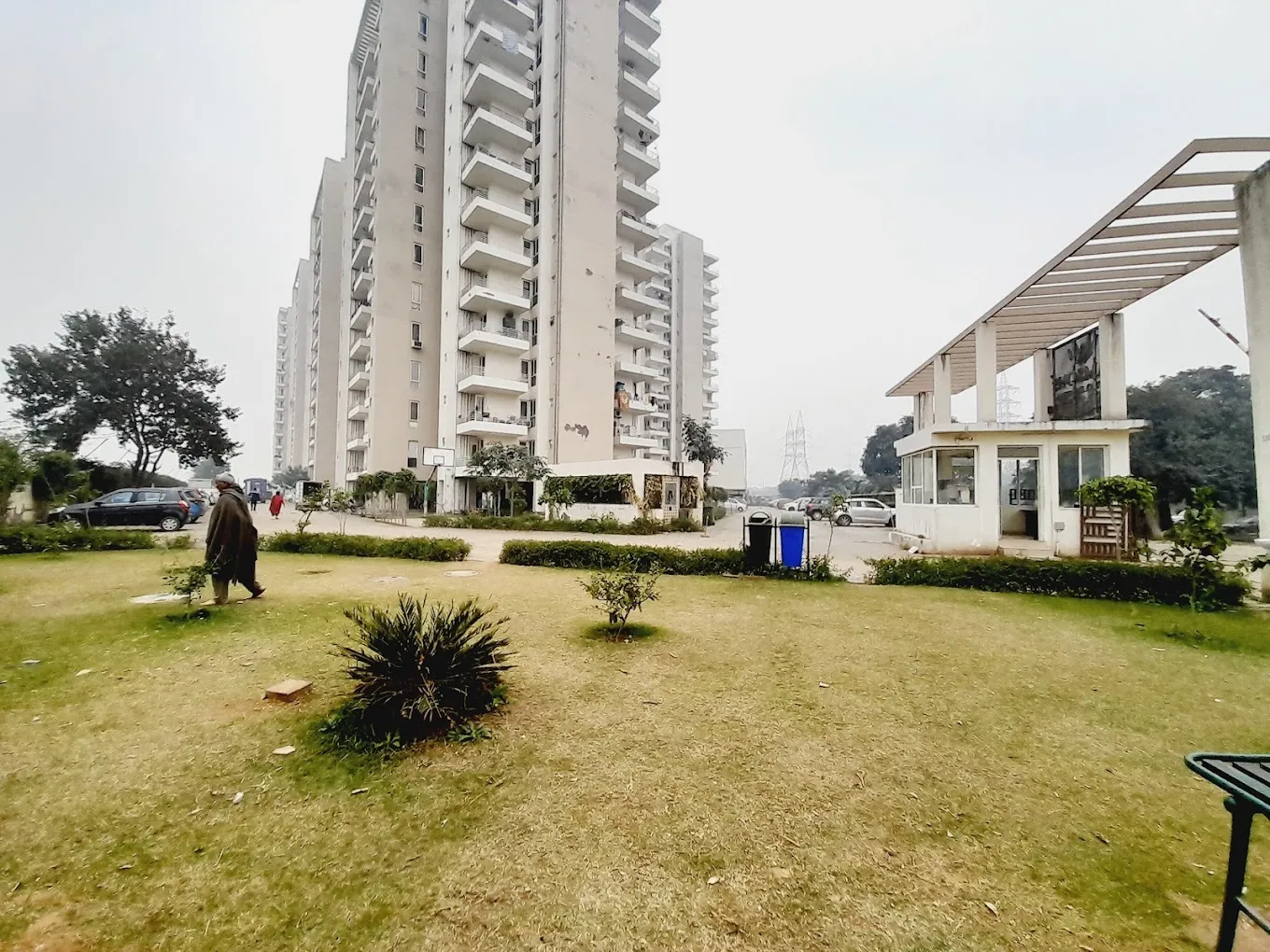
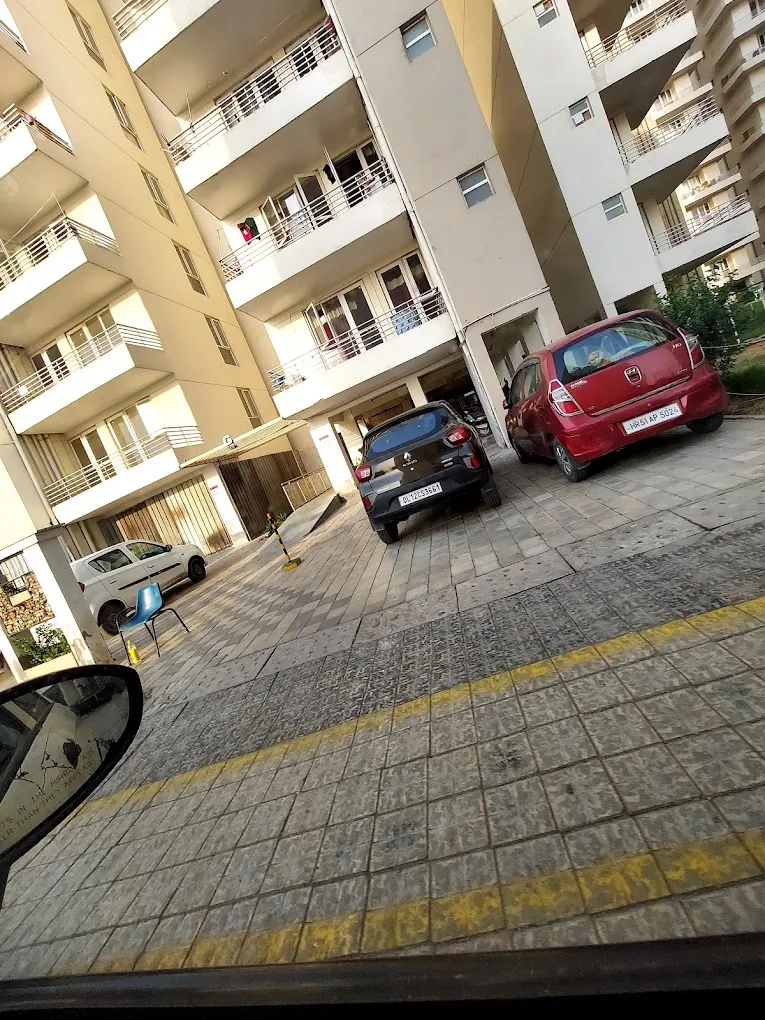
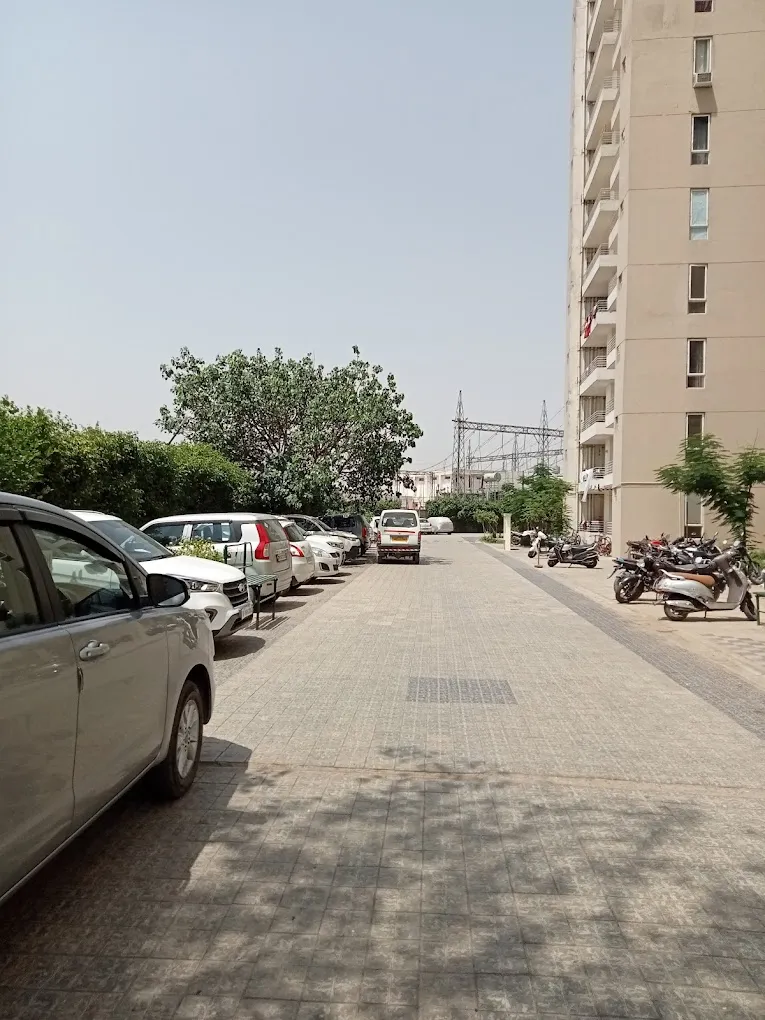
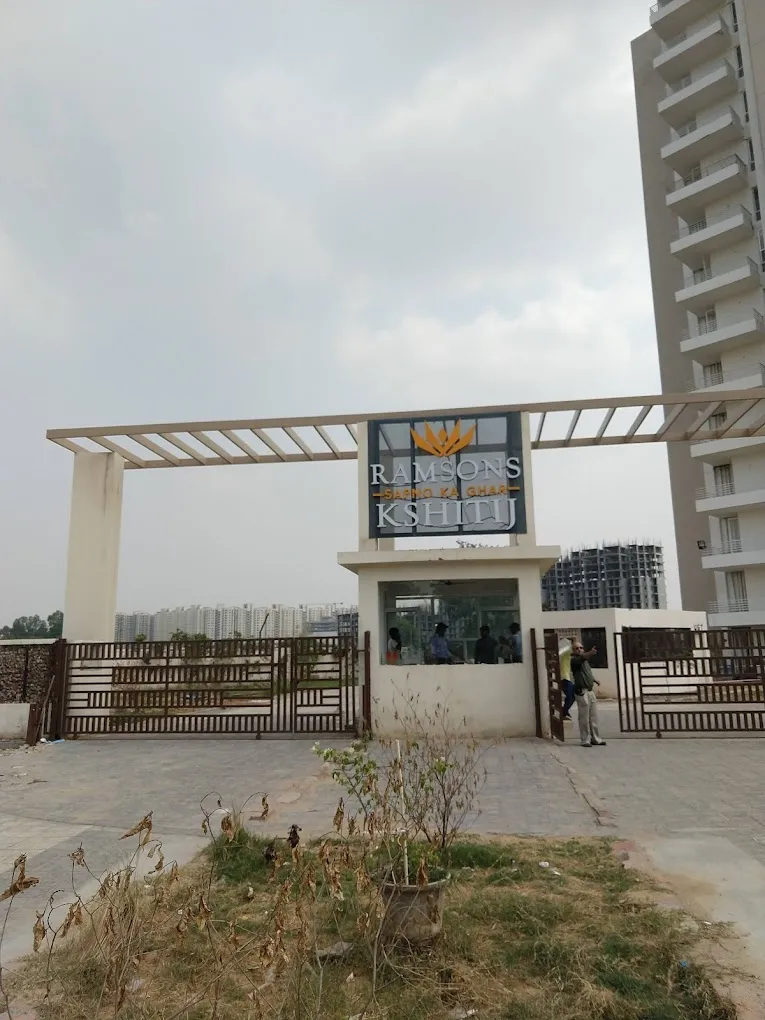
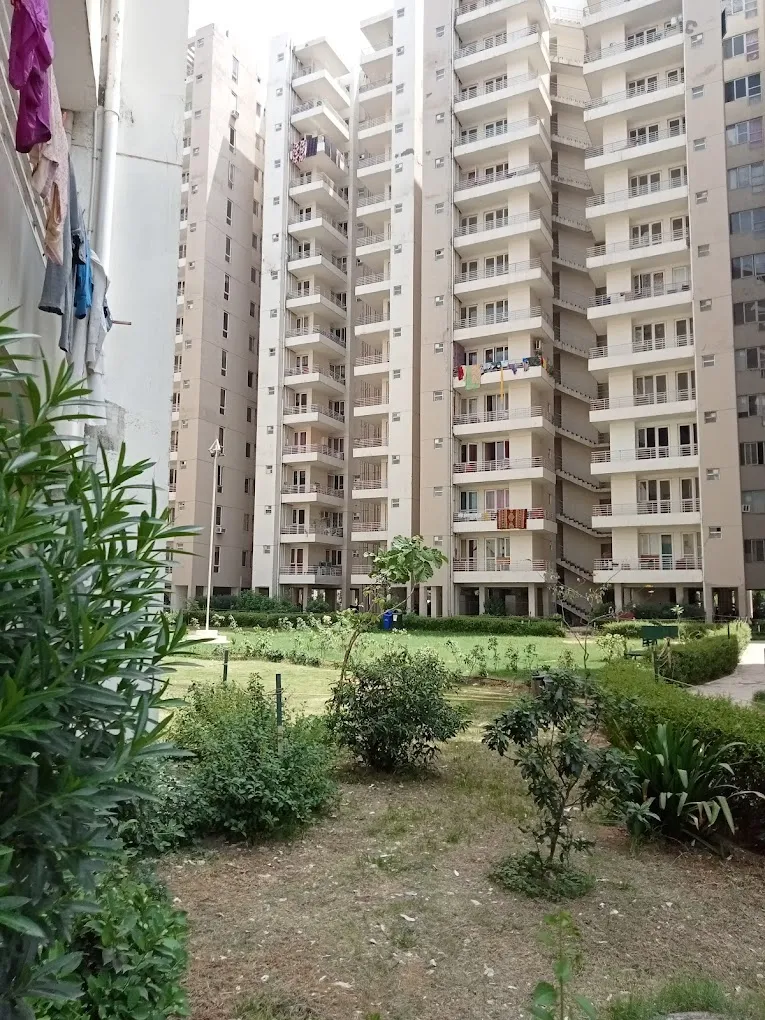
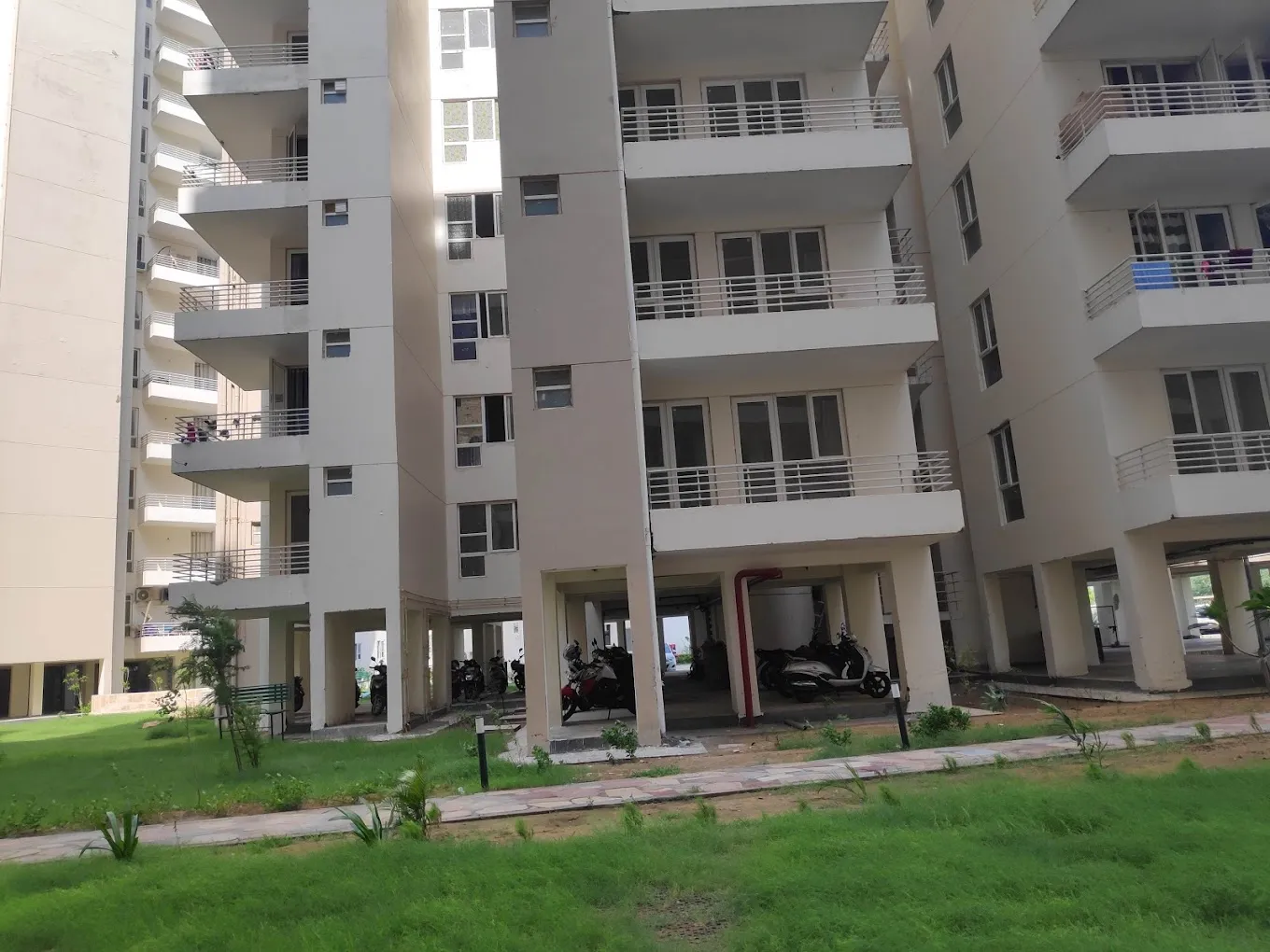
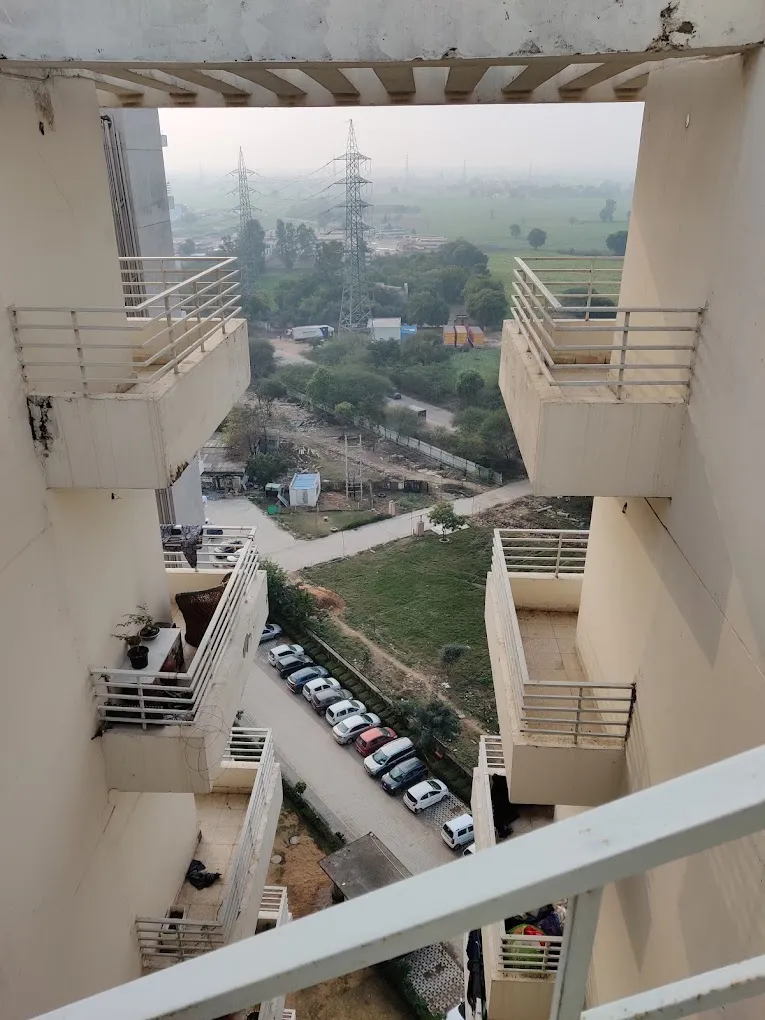
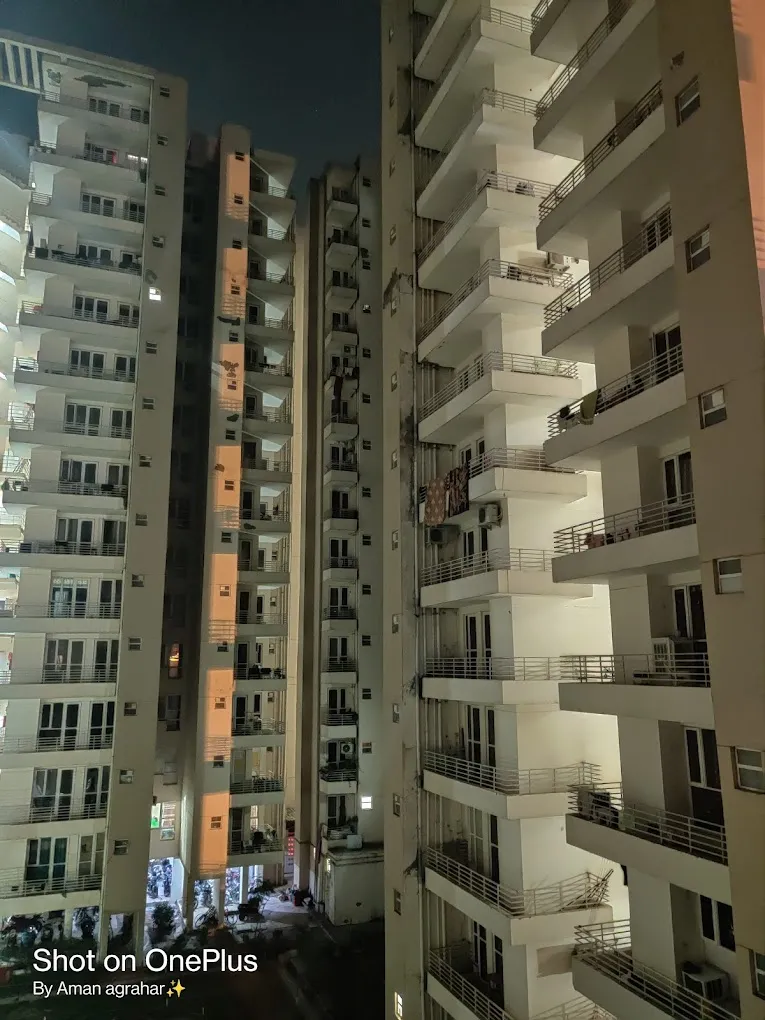
EMI Starting : ₹ 23,520
 Ramsons Kshitij Affordable
Ramsons Kshitij Affordable
Ramsons Organics Ltd.
|
Starting : |
₹ 35 Lac |
New Gurgaon, Gurgaon
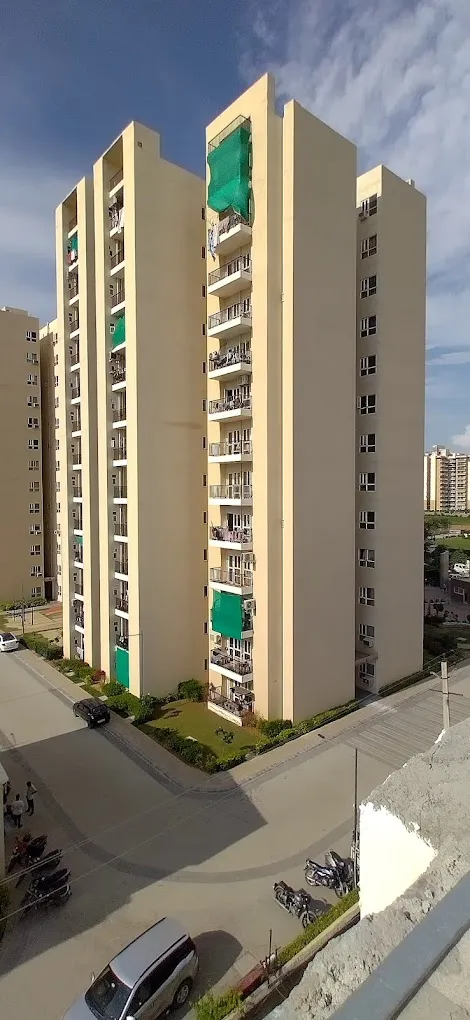
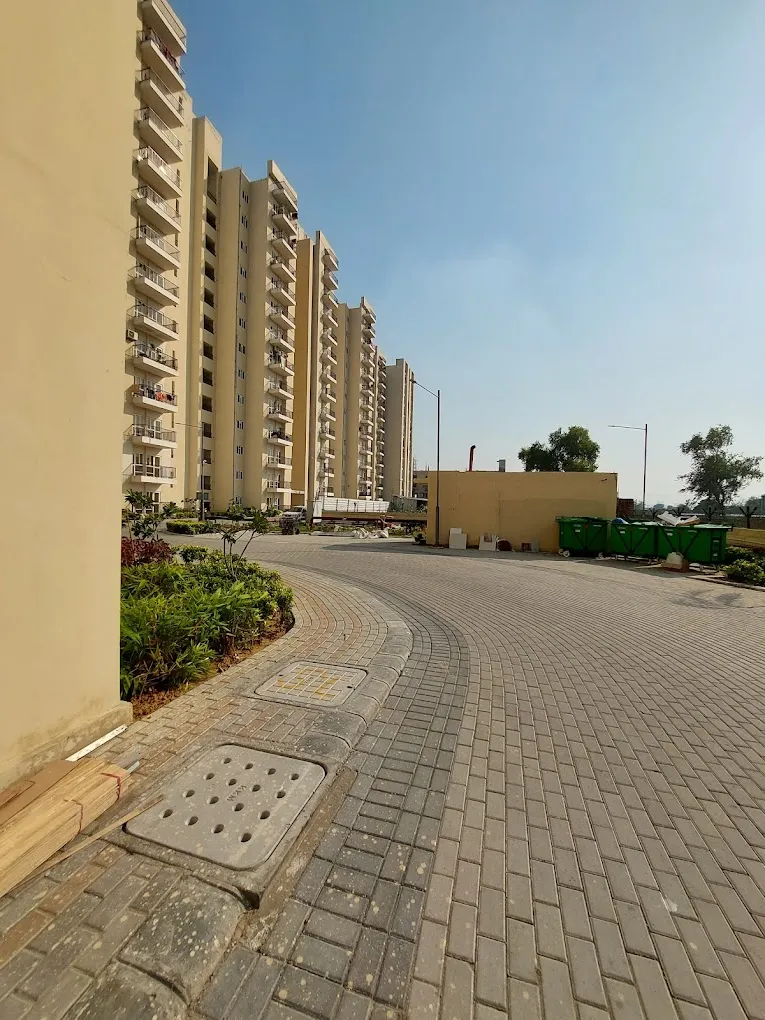
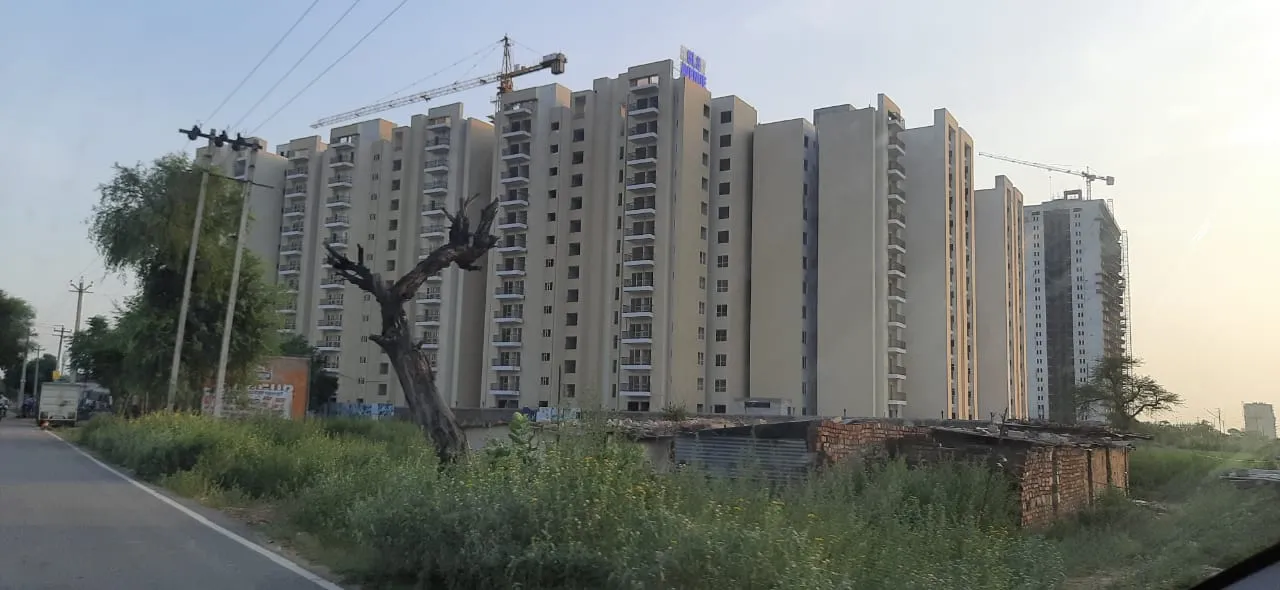
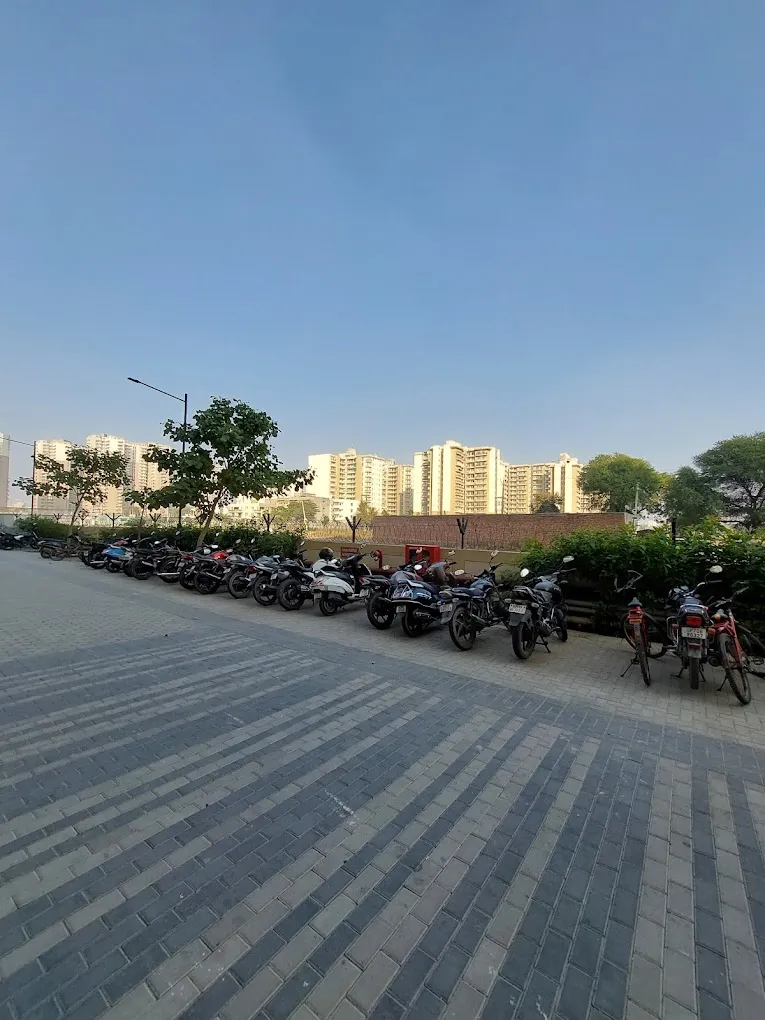
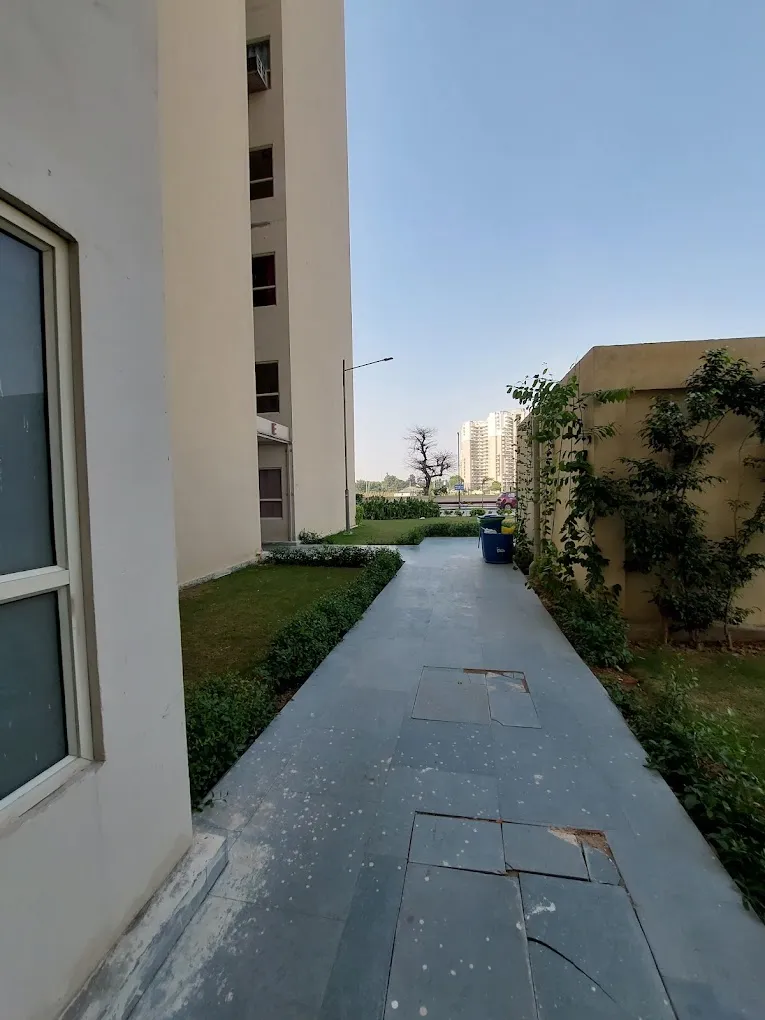
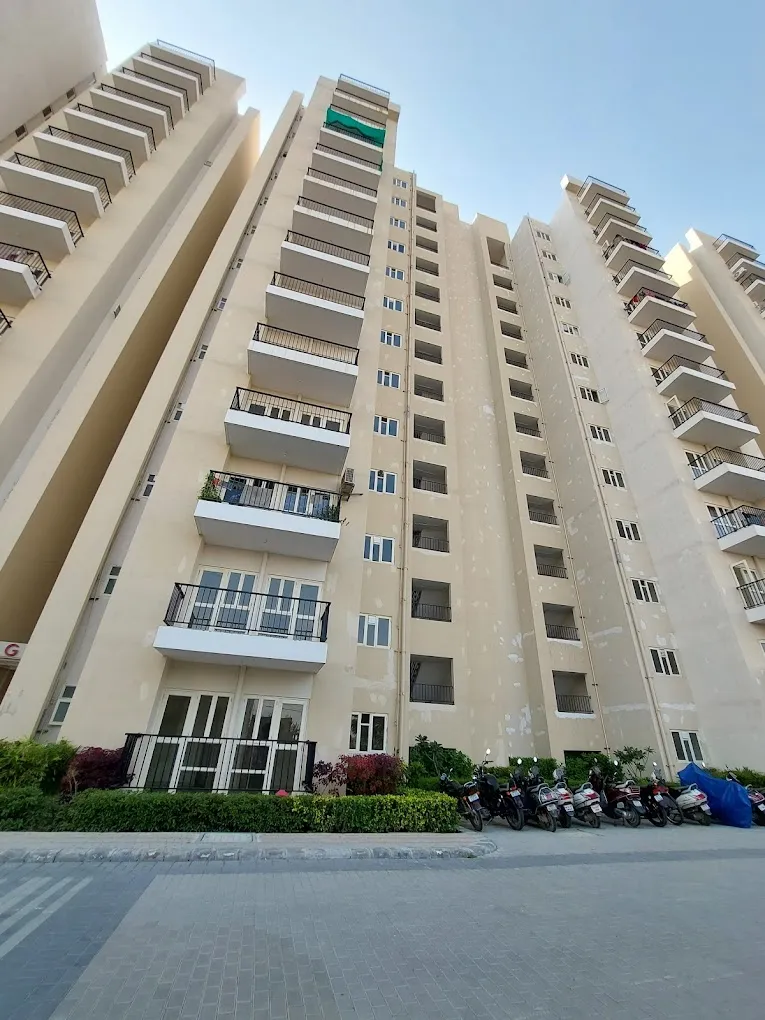
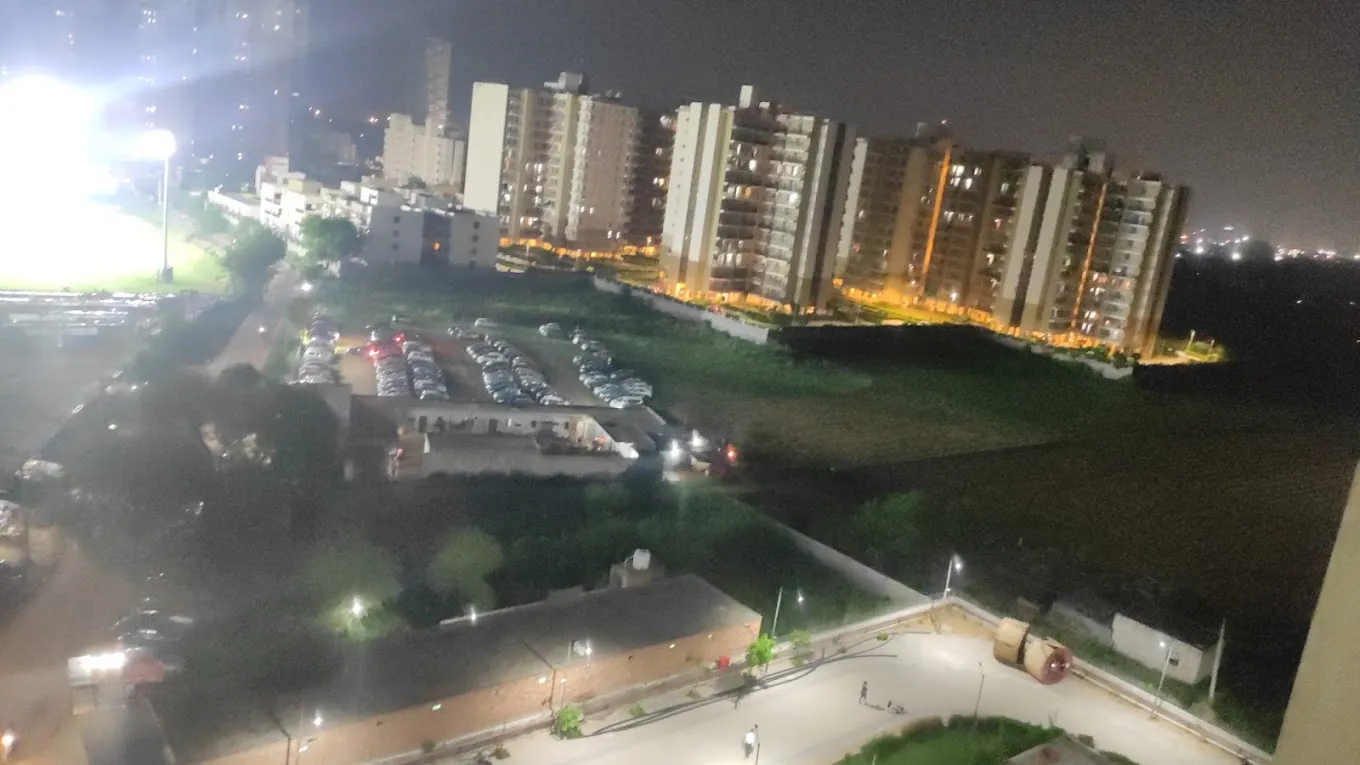
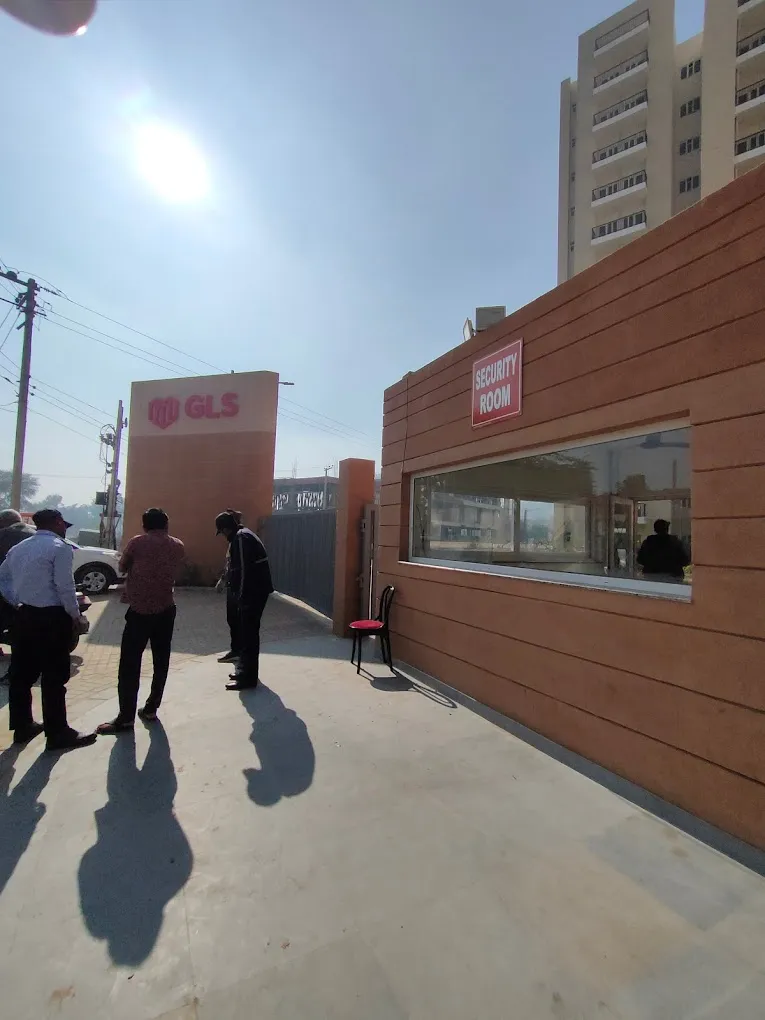
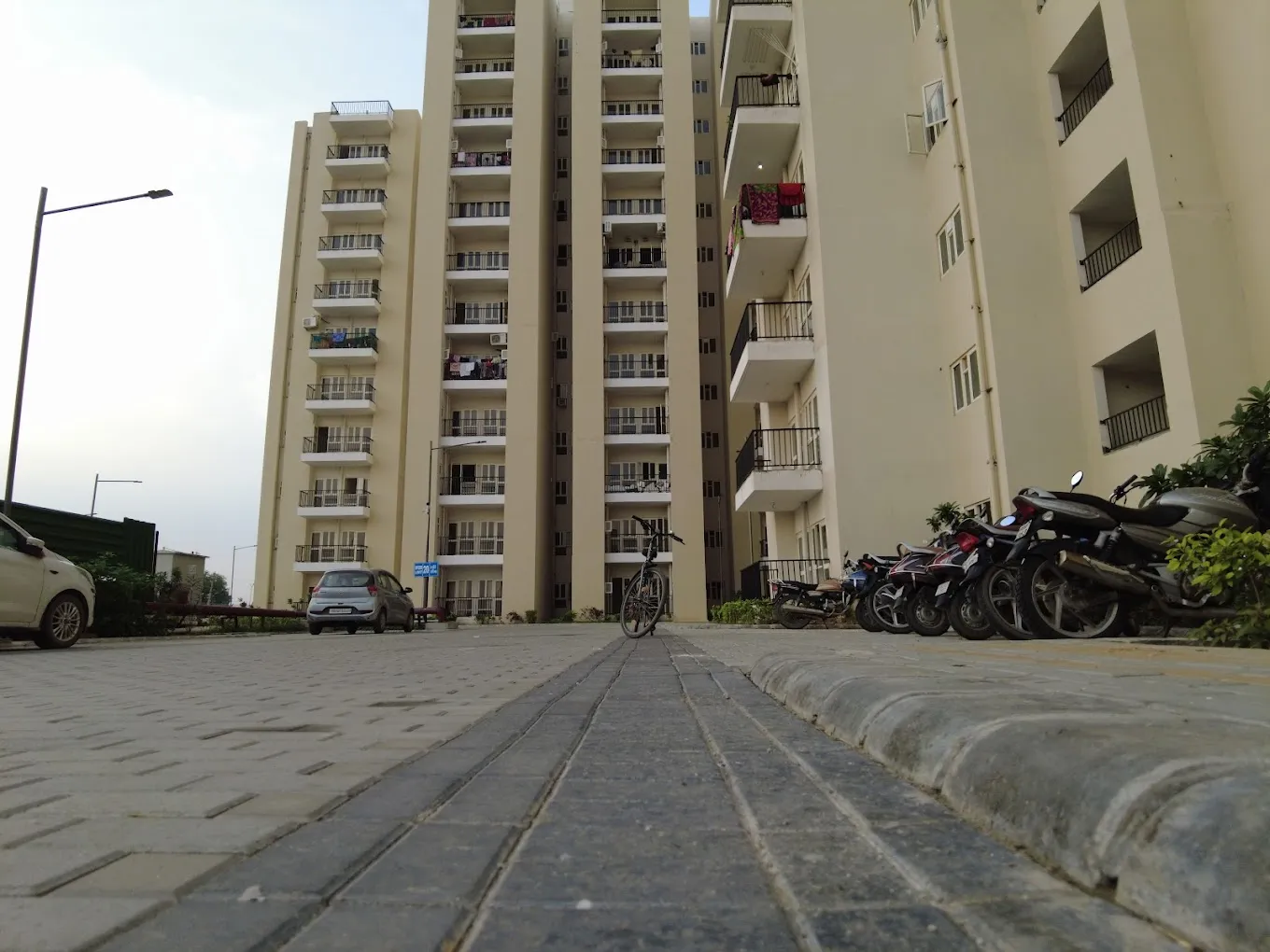

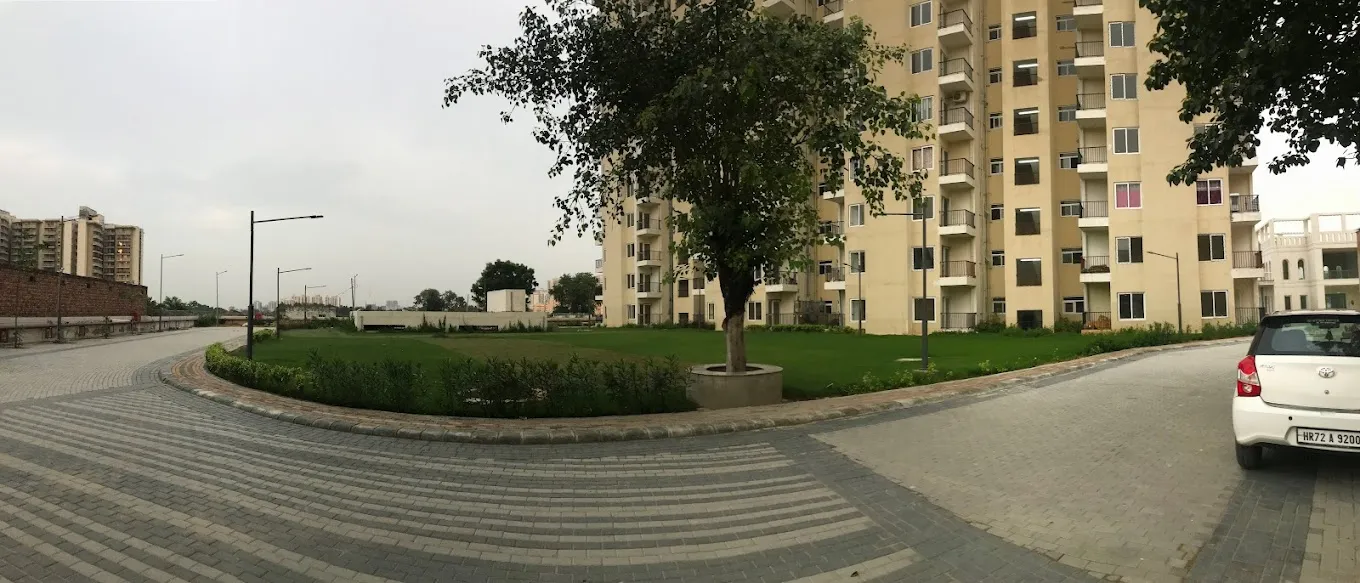
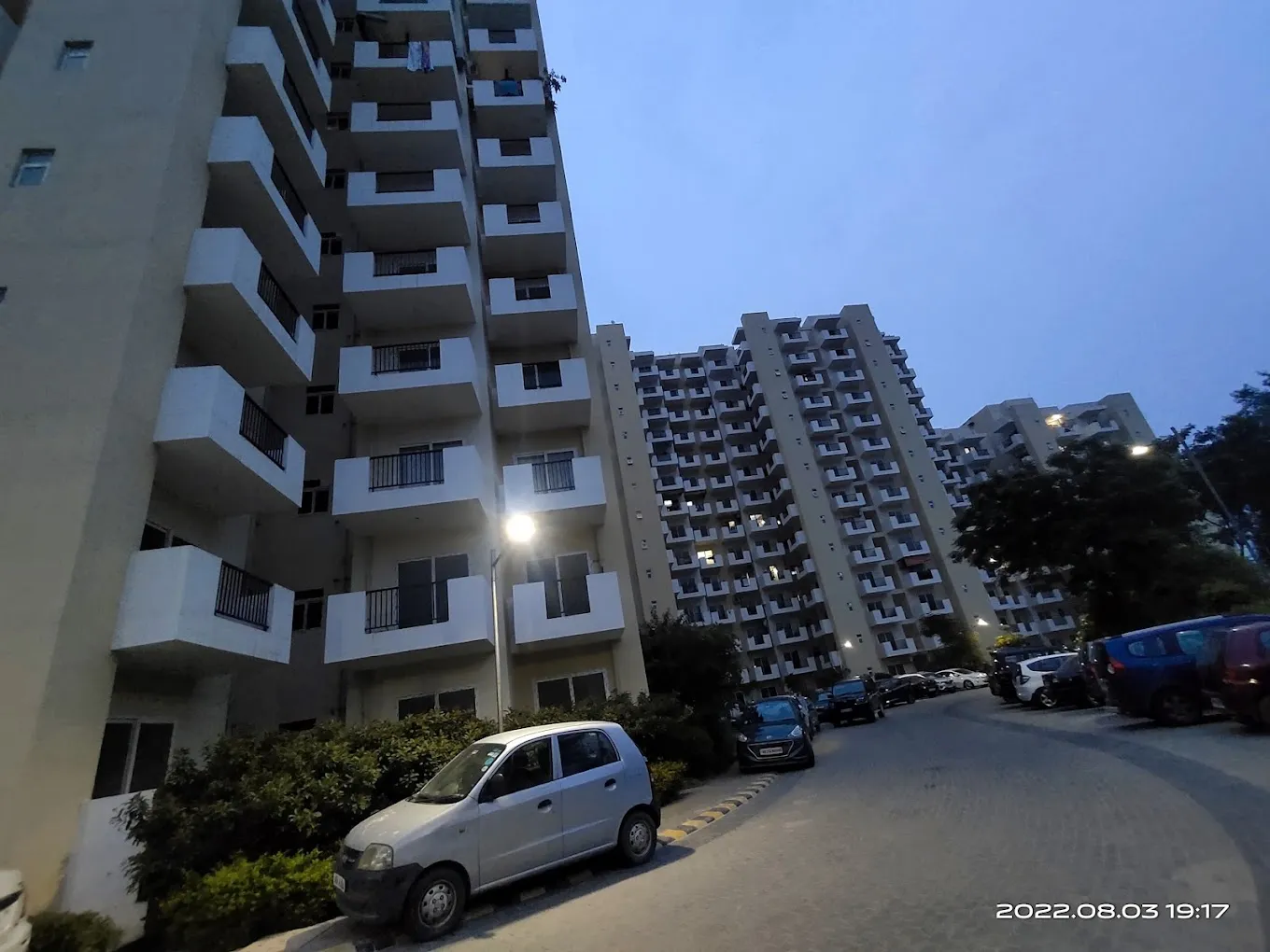
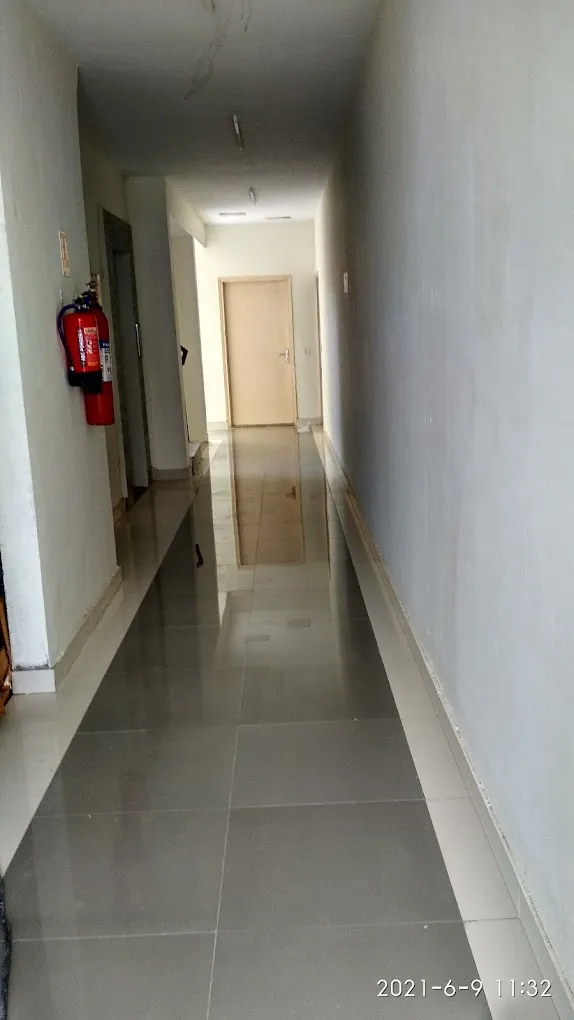
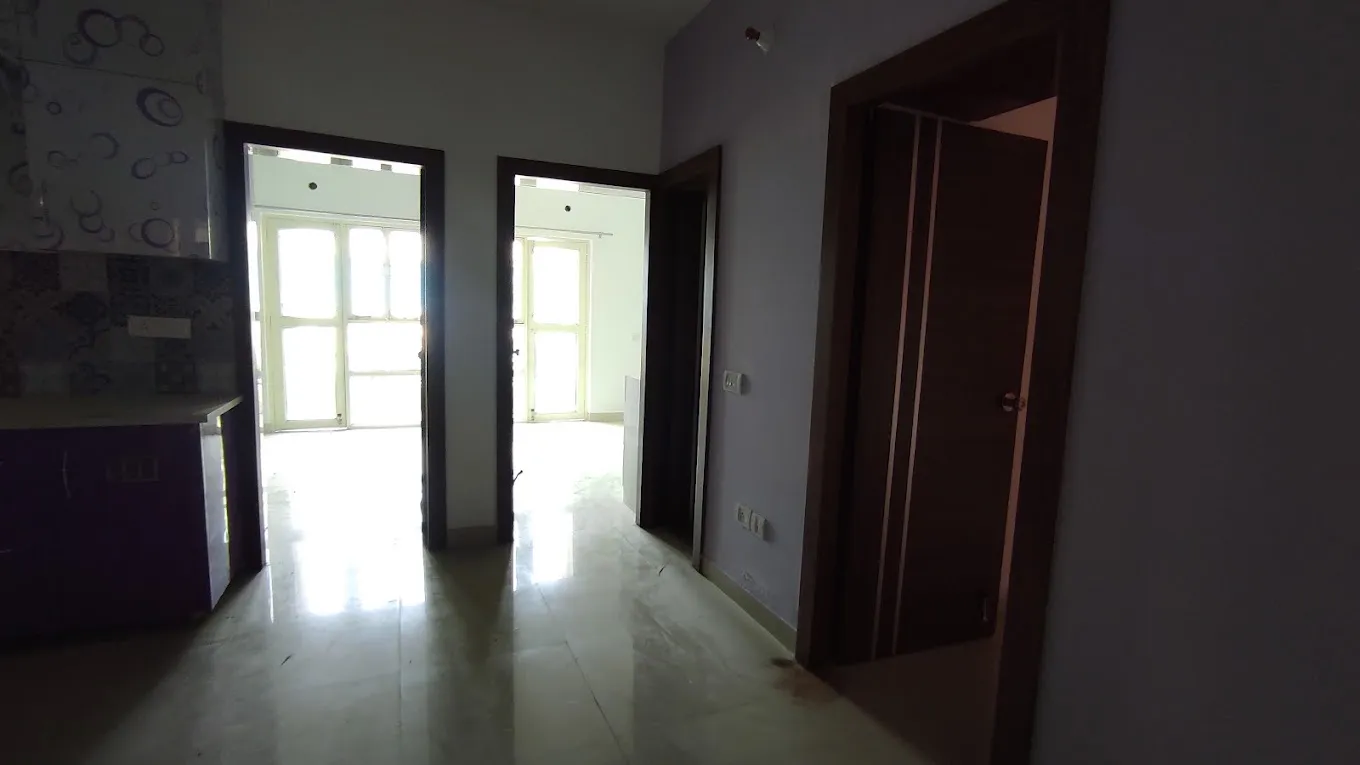
EMI Starting : ₹ 26,880
 Avenue 51 Affordable
Avenue 51 Affordable
GLS Infratech Pvt.Ltd.
|
Starting : |
₹ 40 Lac |
New Gurgaon, Gurgaon
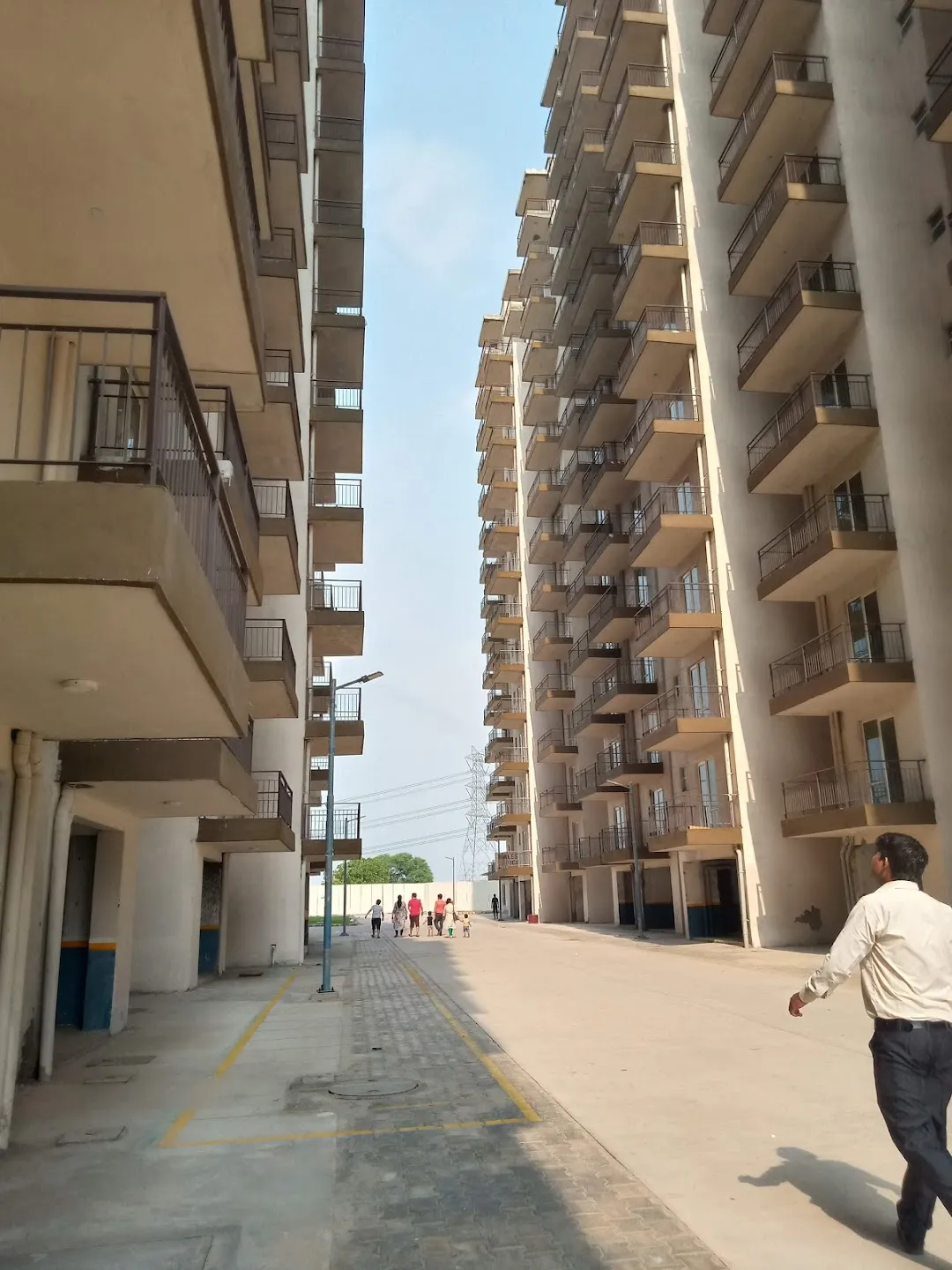

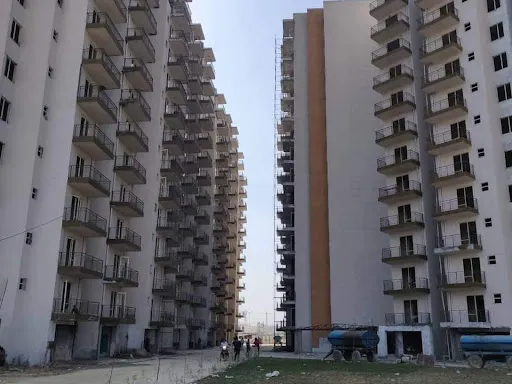
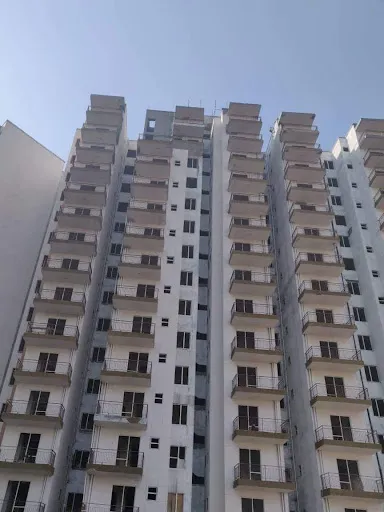
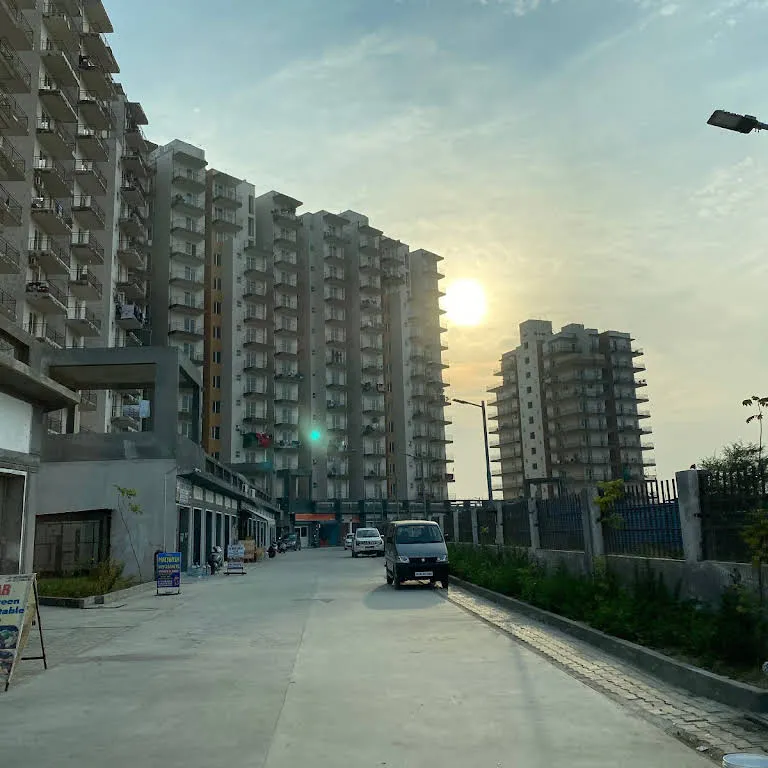
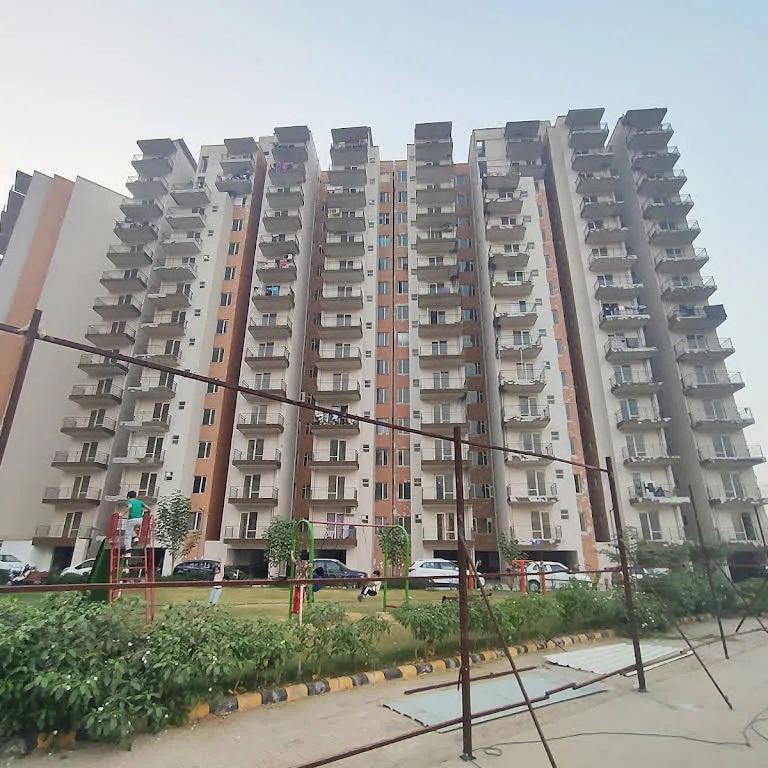
EMI Starting : ₹ 27,552
 ROF Aalayas Affordable
ROF Aalayas Affordable
ROF Group
|
Starting : |
₹ 41 Lac |
Dwarka Expressway, Gurgaon
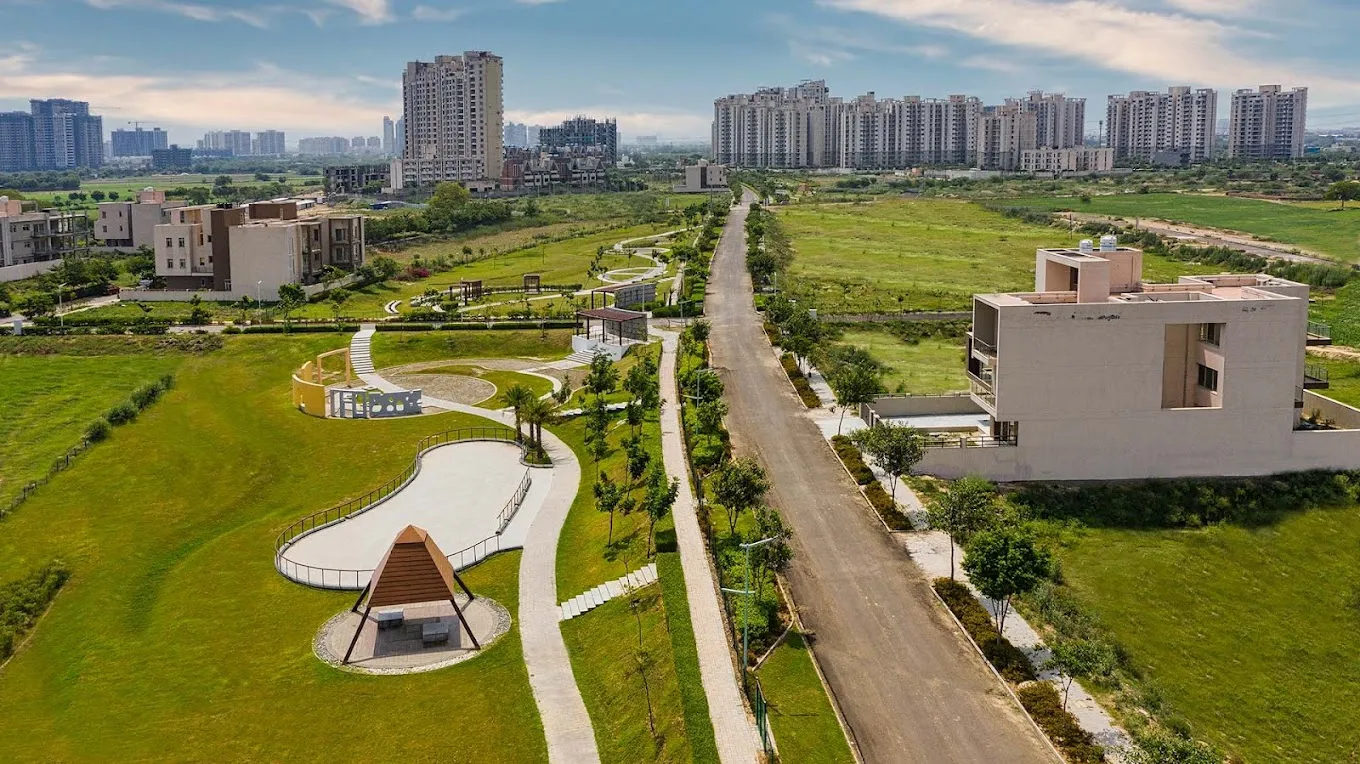
EMI Starting : ₹ 2,21,760
17 properties Starting ₹3.3 Cr
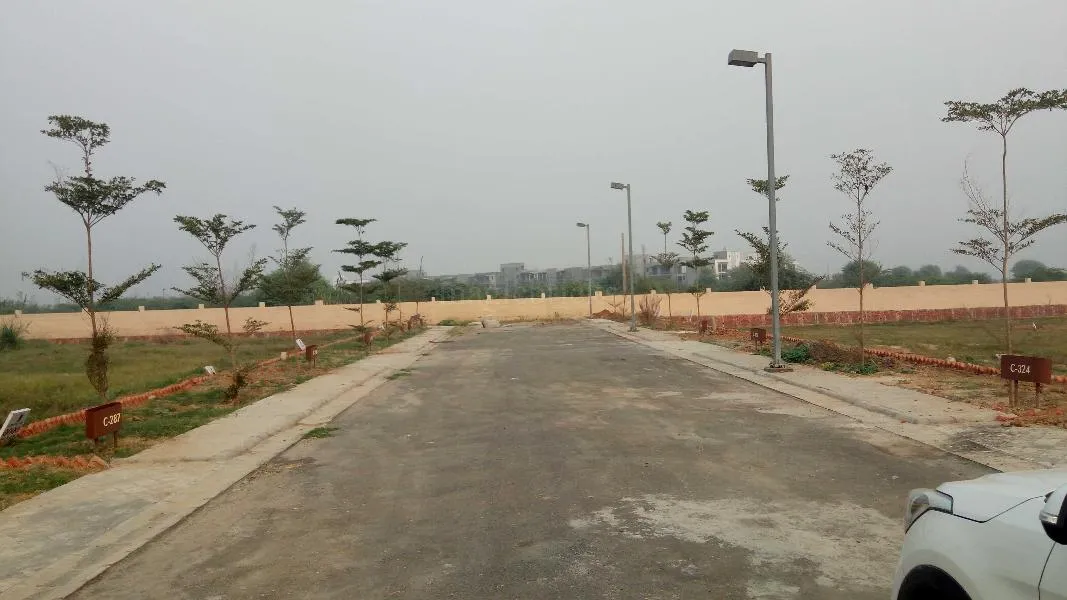
EMI Starting : ₹ 3,36,000
14 properties Starting ₹5 Cr
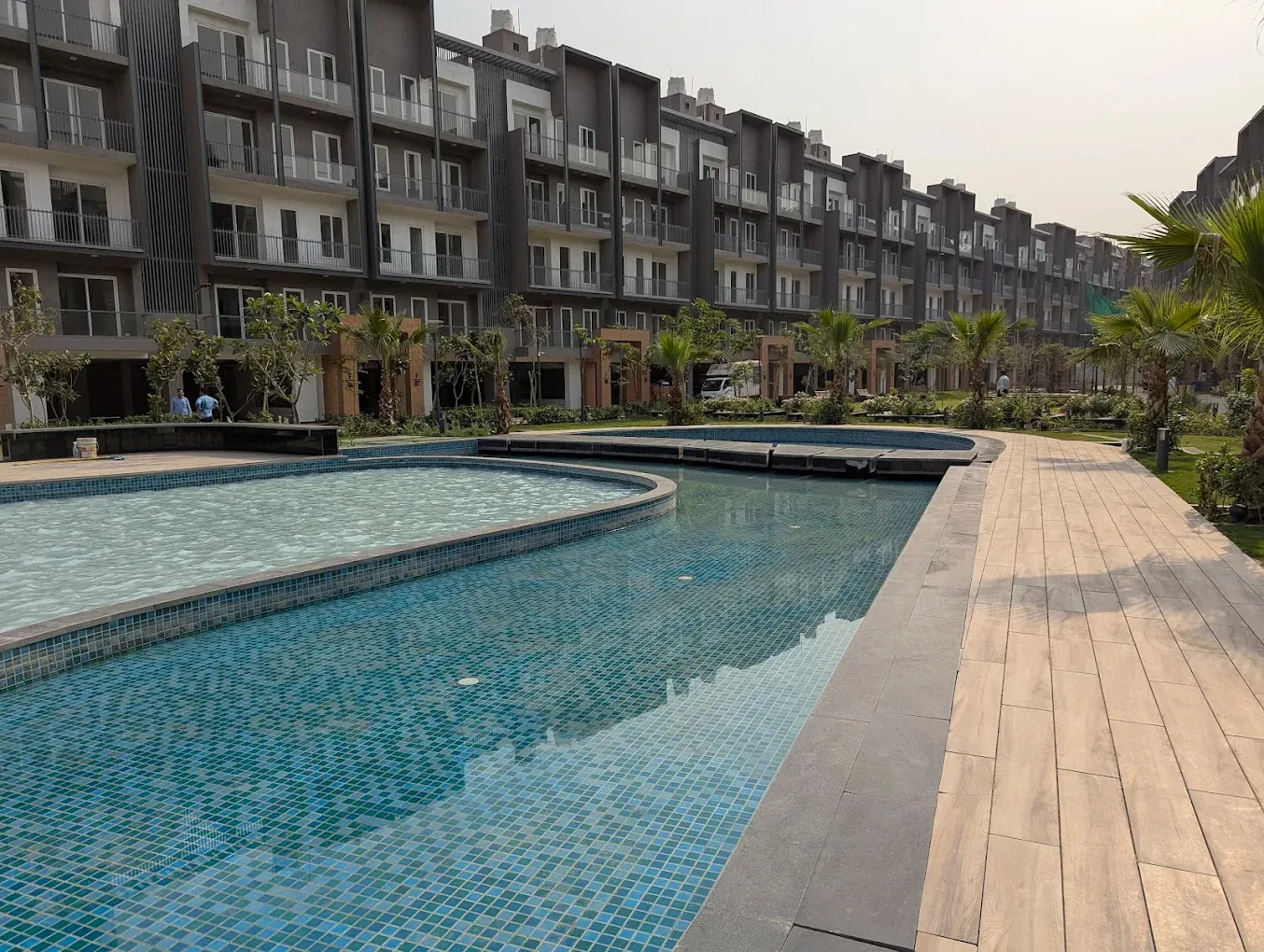
EMI Starting : ₹ 1,27,680
14 properties Starting ₹1.9 Cr
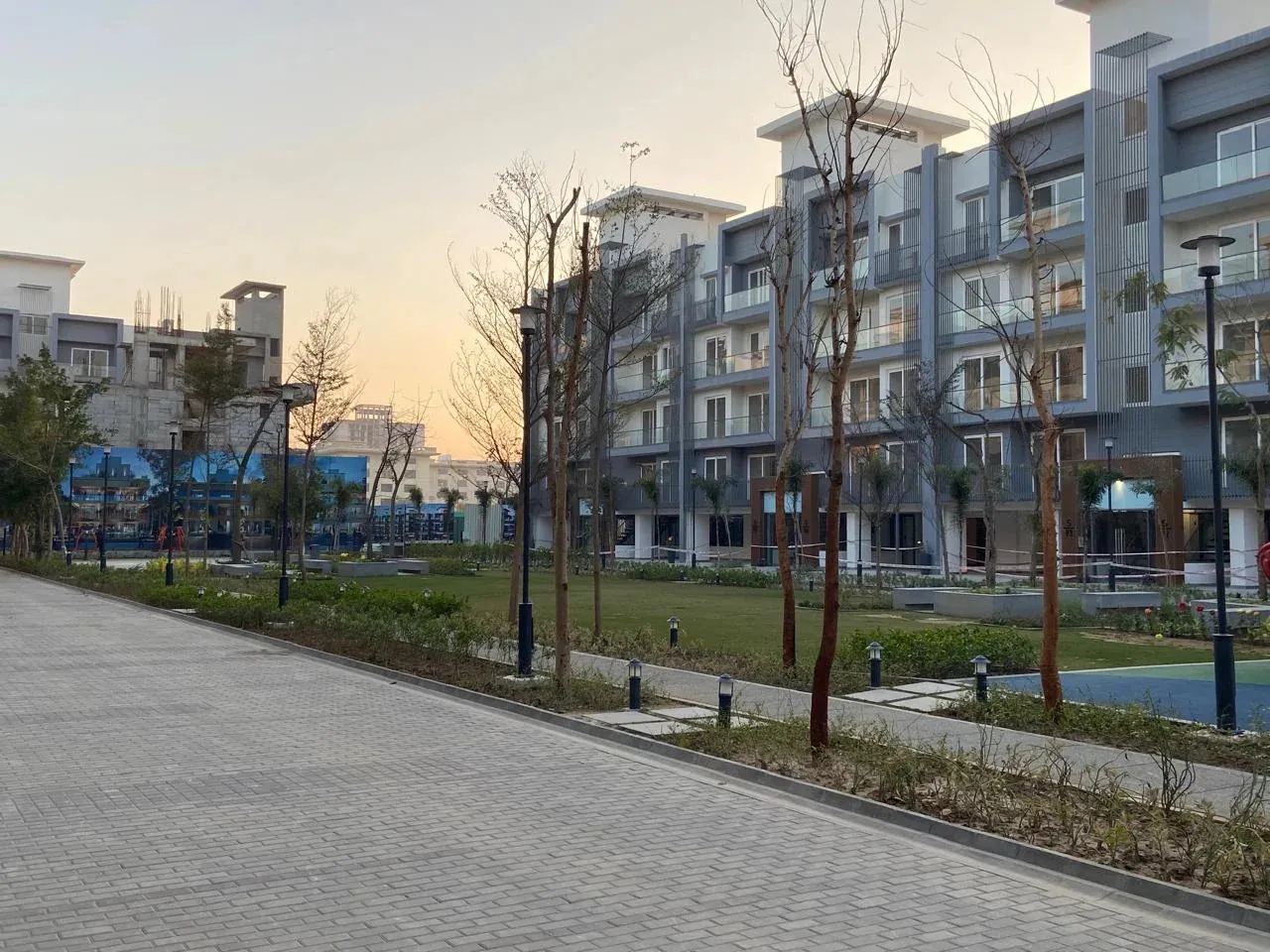
EMI Starting : ₹ 88,032
13 properties Starting ₹1.31 Cr
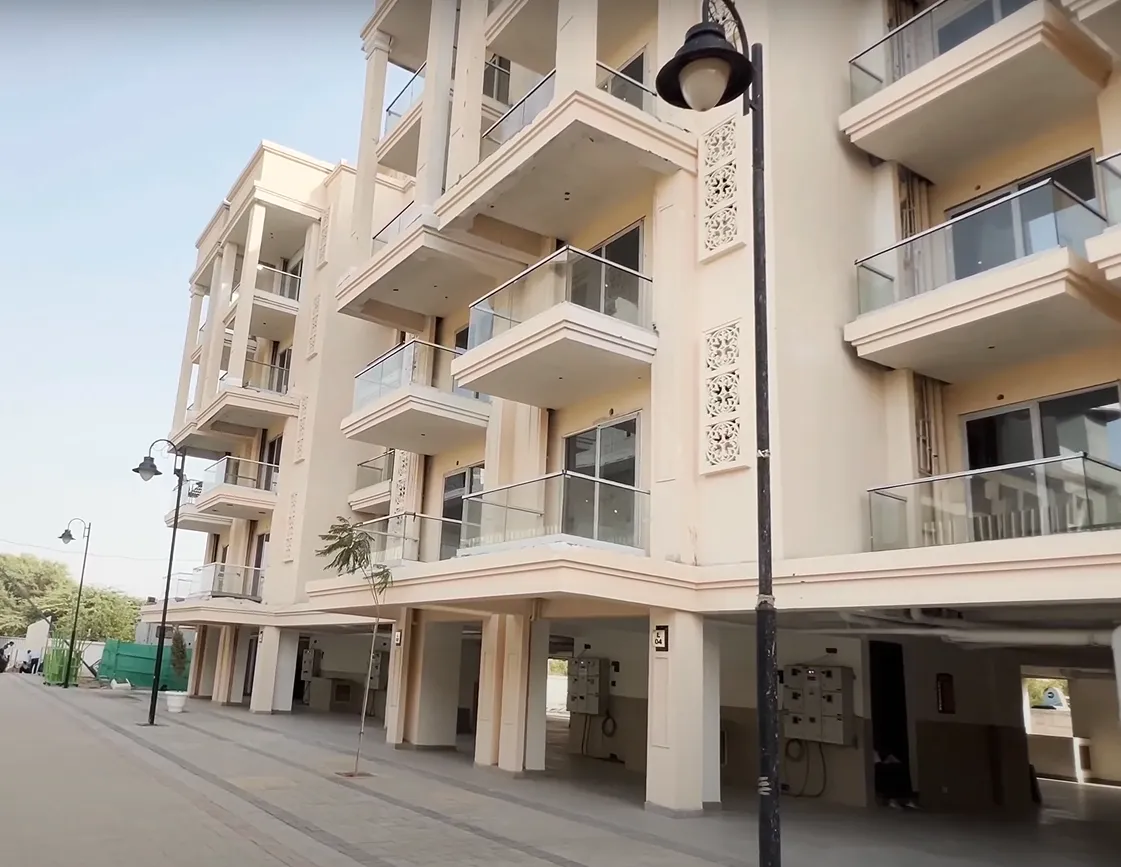
EMI Starting : ₹ 78,624
12 properties Starting ₹1.17 Cr
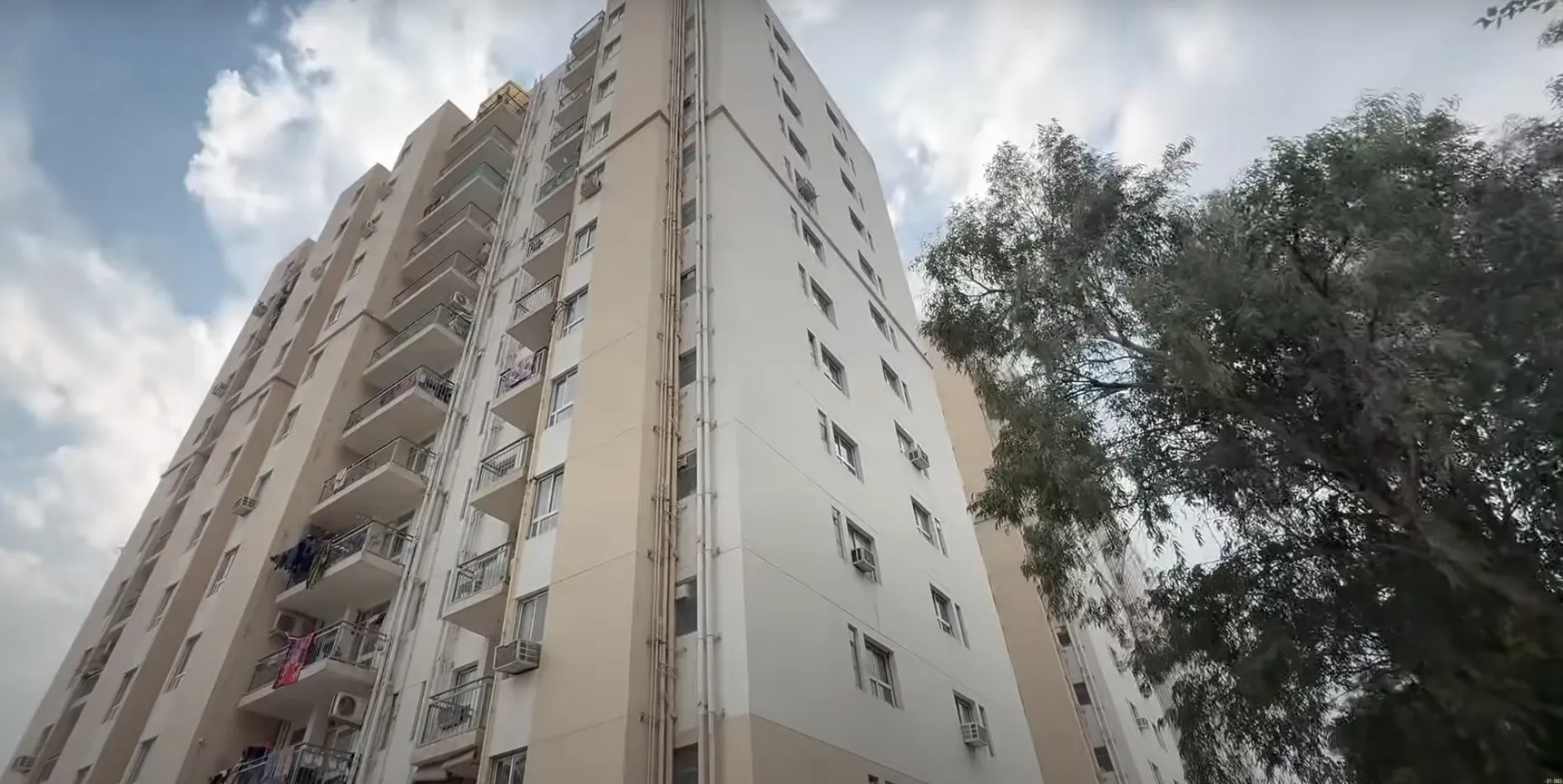
EMI Starting : ₹ 30,240
11 properties Starting ₹45 Lac
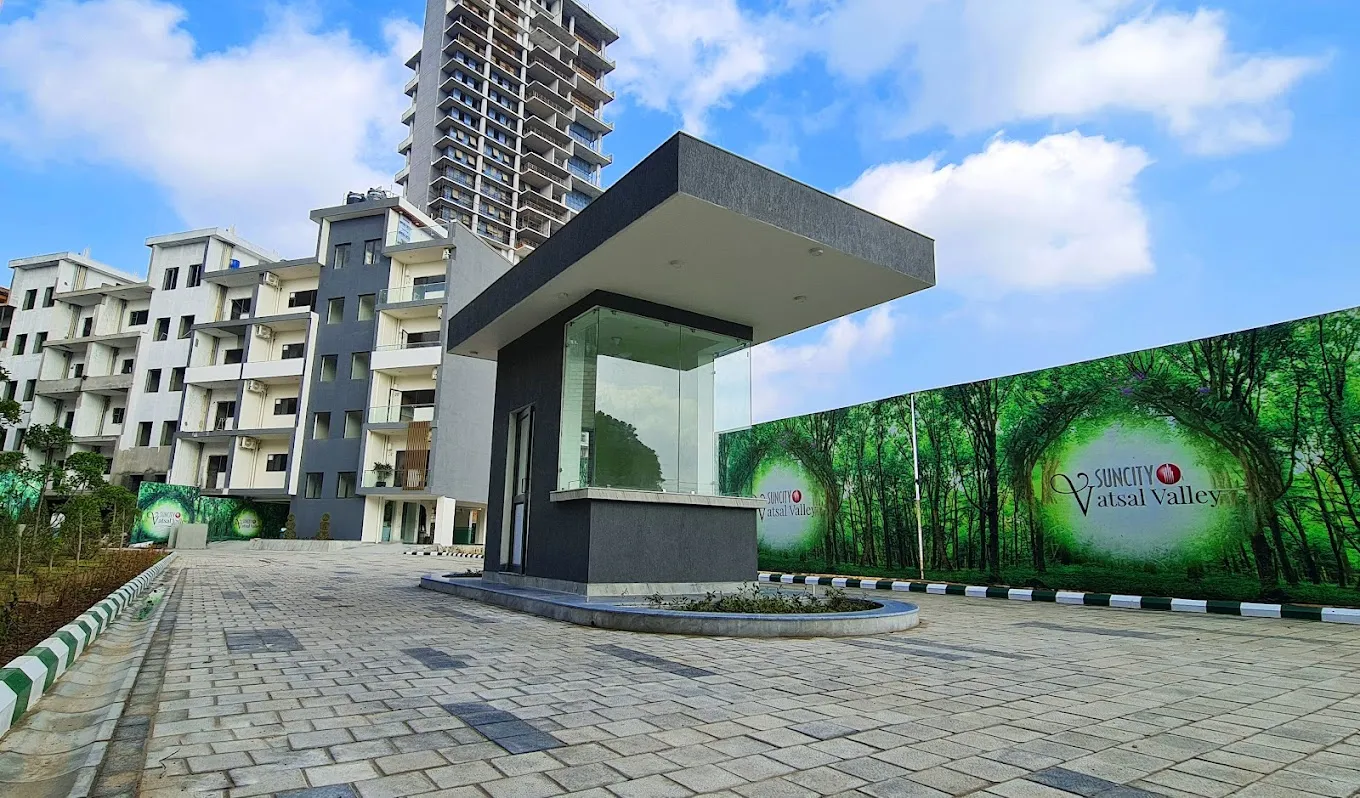
EMI Starting : ₹ 84,000
10 properties Starting ₹1.25 Cr

EMI Starting : ₹ 21,504
9 properties Starting ₹32 Lac
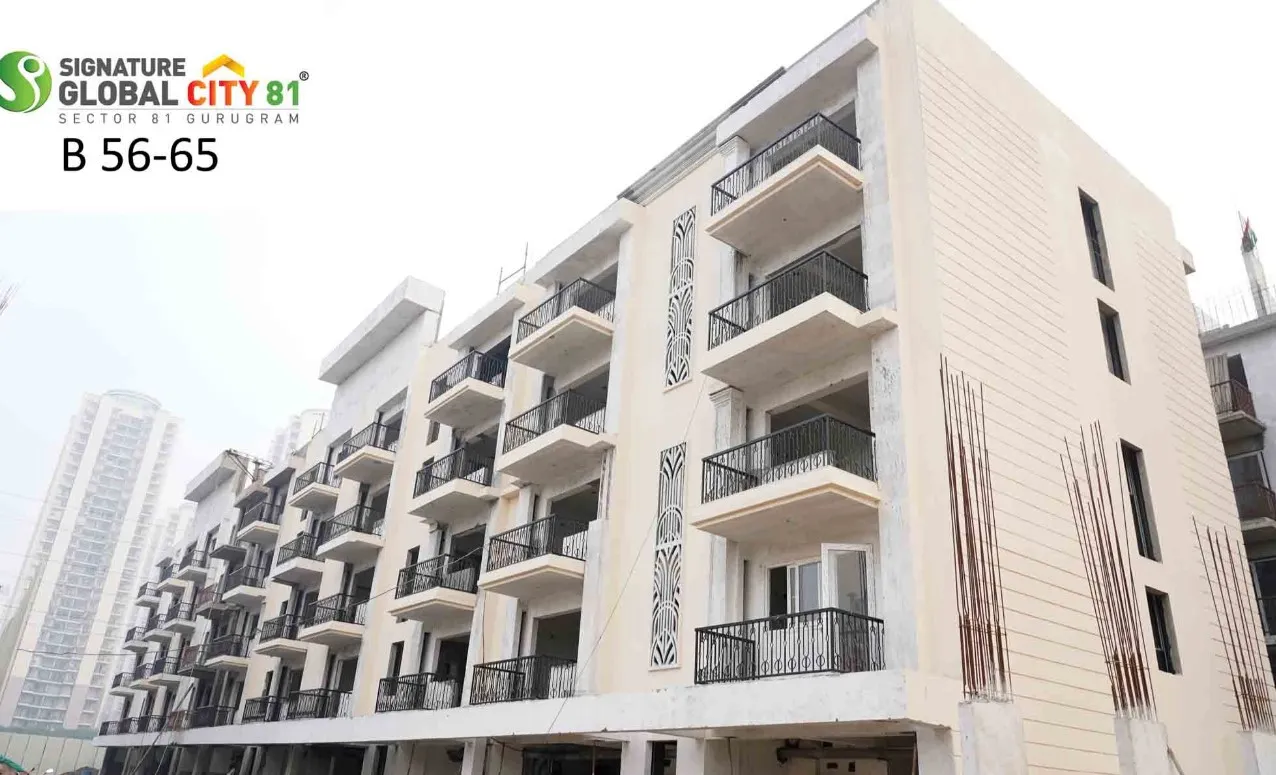
EMI Starting : ₹ 70,560
9 properties Starting ₹1.05 Cr
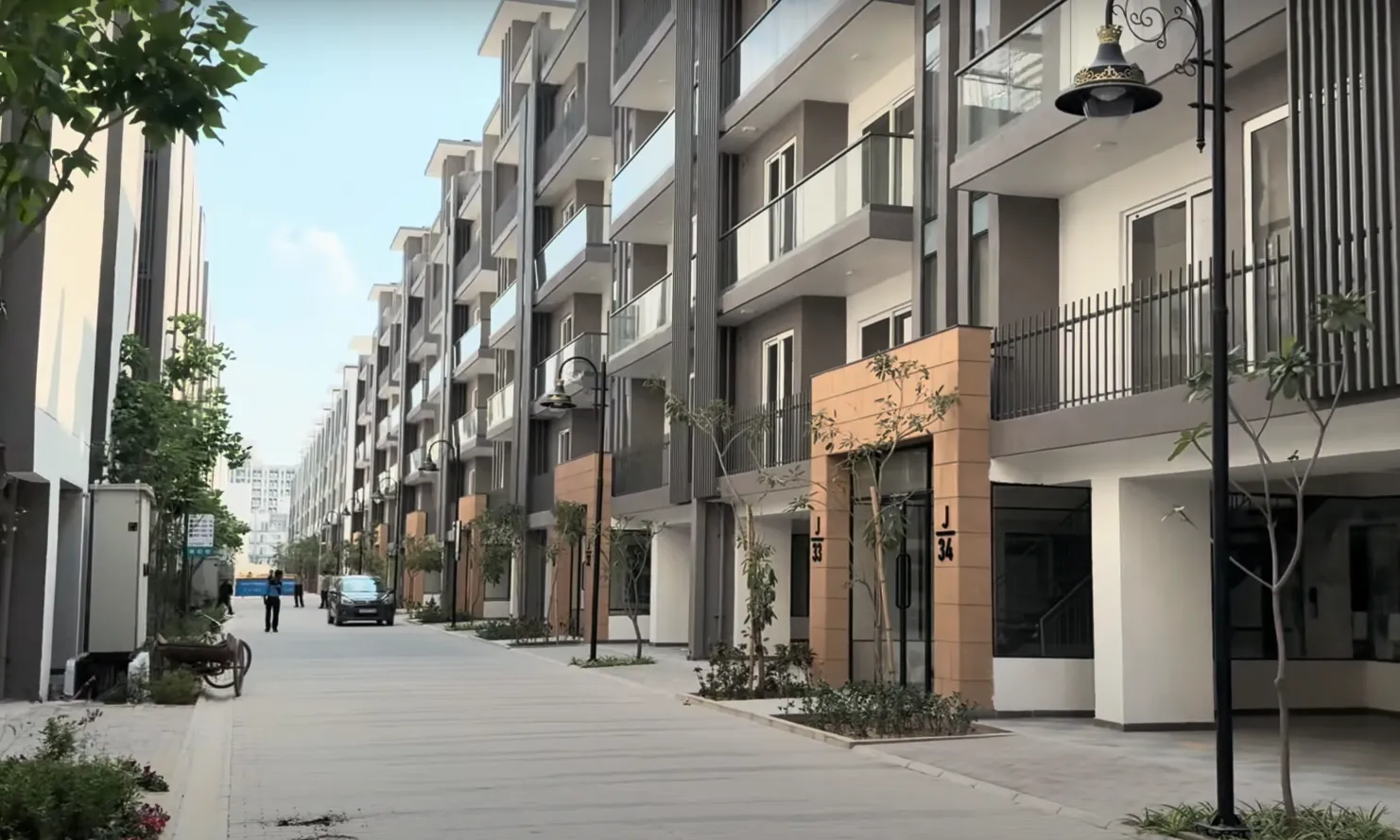
EMI Starting : ₹ 90,720
9 properties Starting ₹1.35 Cr

EMI Starting : ₹ 1,46,496
22 projects Starting ₹2.18 Cr
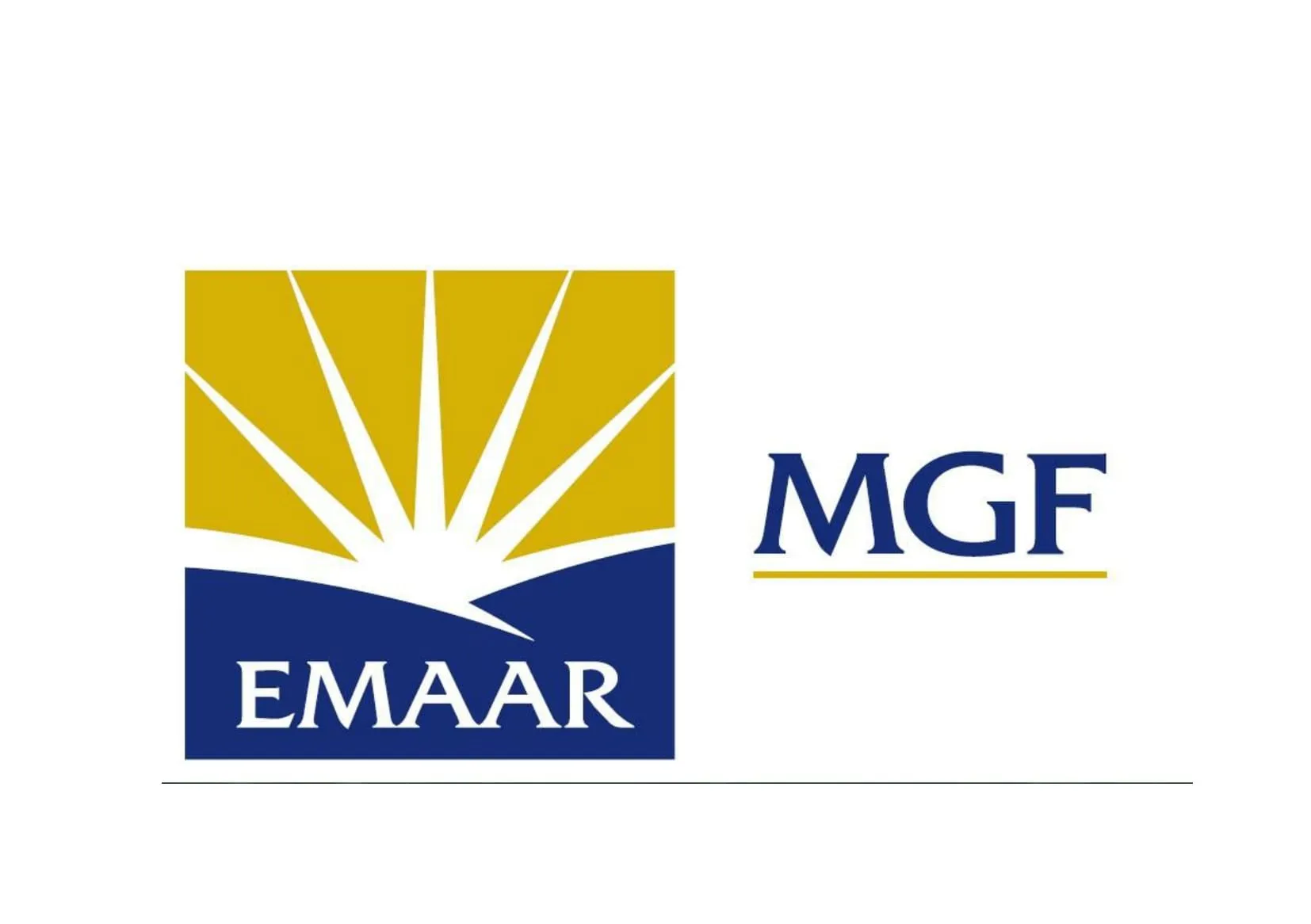
EMI Starting : ₹ 1,68,000
16 projects Starting ₹2.5 Cr

EMI Starting : ₹ 47,040
15 projects Starting ₹70 Lac

EMI Starting : ₹ 1,20,960
13 projects Starting ₹1.8 Cr
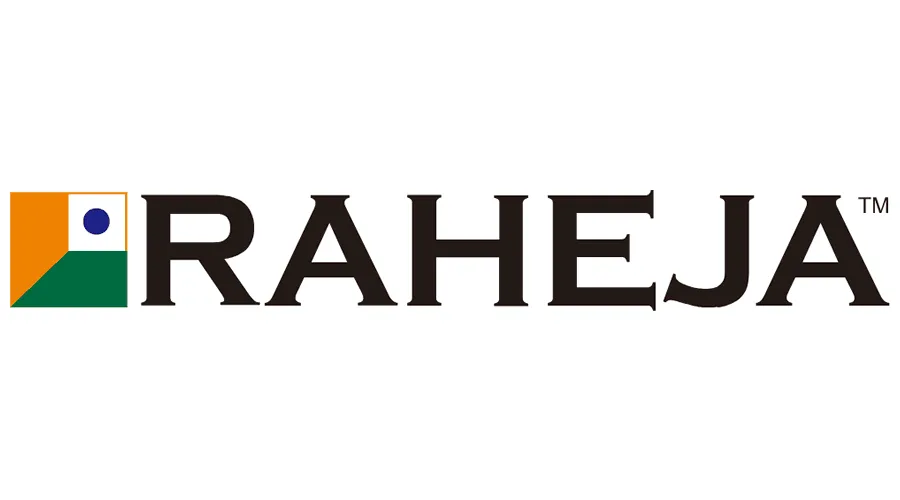
EMI Starting : ₹ 86,016
13 projects Starting ₹1.28 Cr

EMI Starting : ₹ 1,44,480
11 projects Starting ₹2.15 Cr

EMI Starting : ₹ 1,27,680
11 projects Starting ₹1.9 Cr

EMI Starting : ₹ 19,488
11 projects Starting ₹29 Lac

EMI Starting : ₹ 88,032
10 projects Starting ₹1.31 Cr

EMI Starting : ₹ 31,584
8 projects Starting ₹47 Lac


Starting 29 Lac

Starting 32 Lac

Starting 35 Lac

Starting 40 Lac

Starting 41 Lac

Starting 2.18 Cr

Starting 2.5 Cr

Starting 70 Lac

Starting 1.8 Cr

Starting 1.28 Cr

Starting 2.15 Cr

Starting 1.9 Cr

Starting 29 Lac

Starting 1.31 Cr

Starting 47 Lac